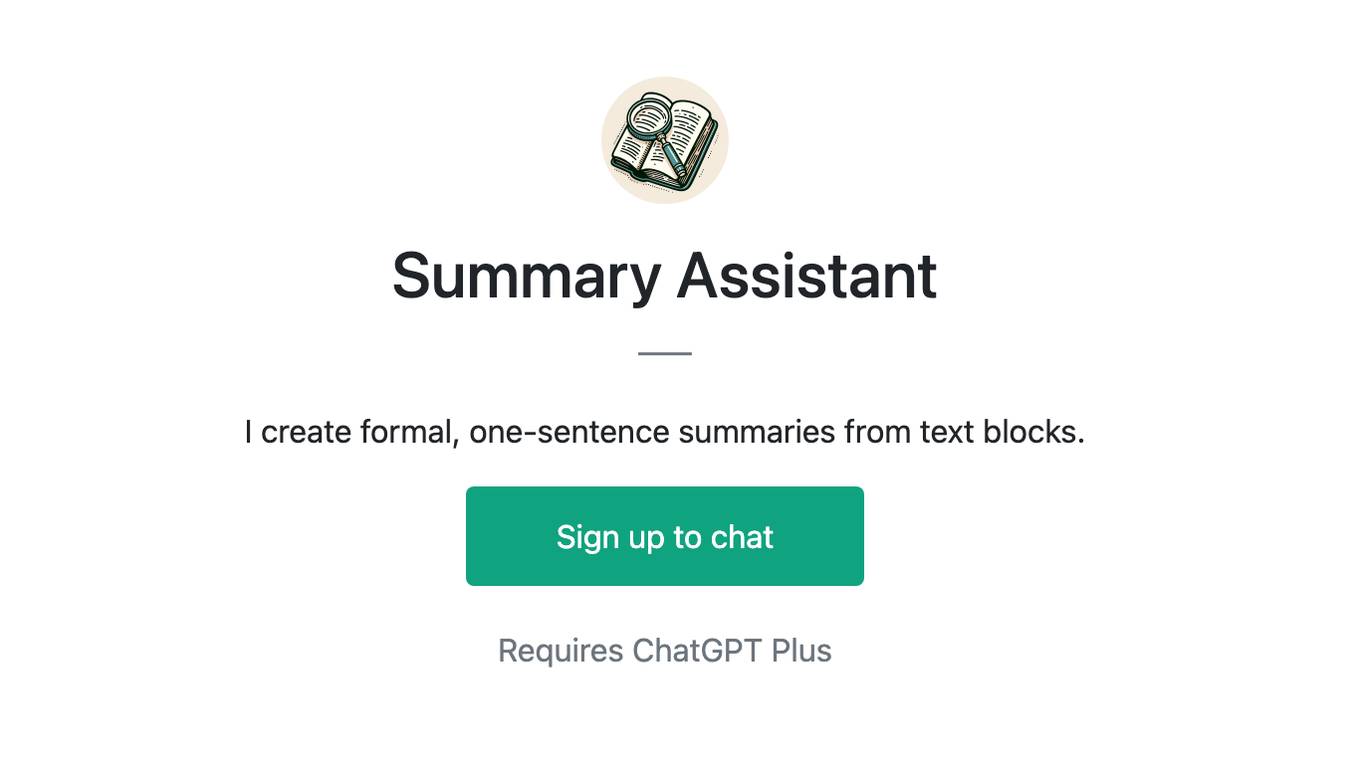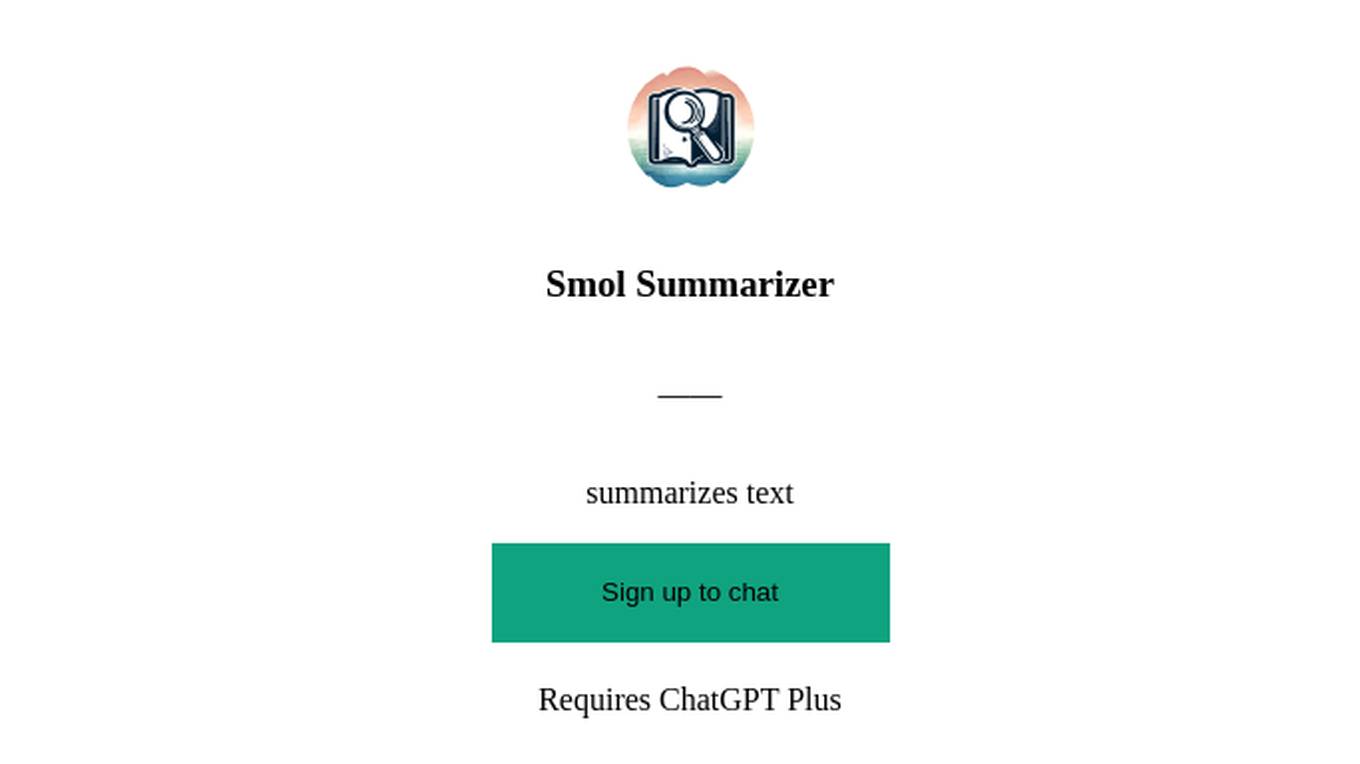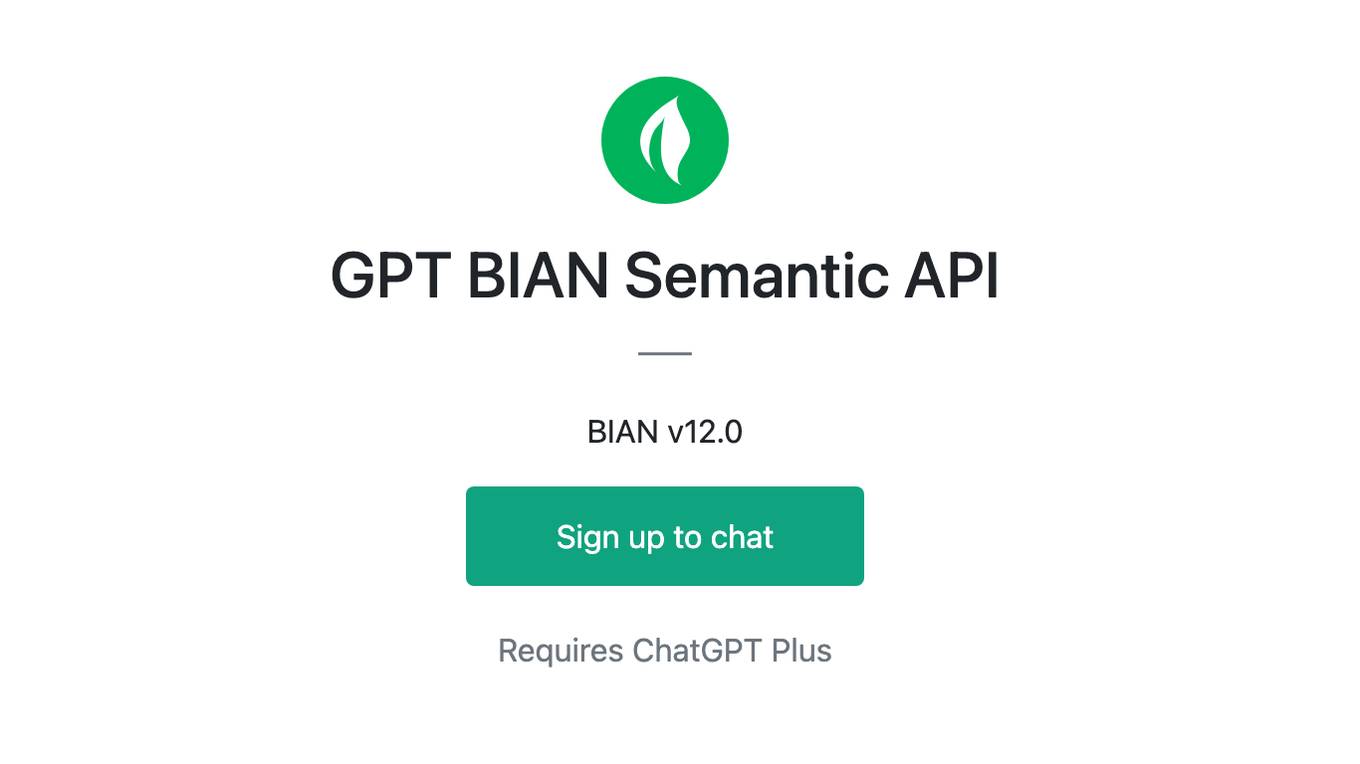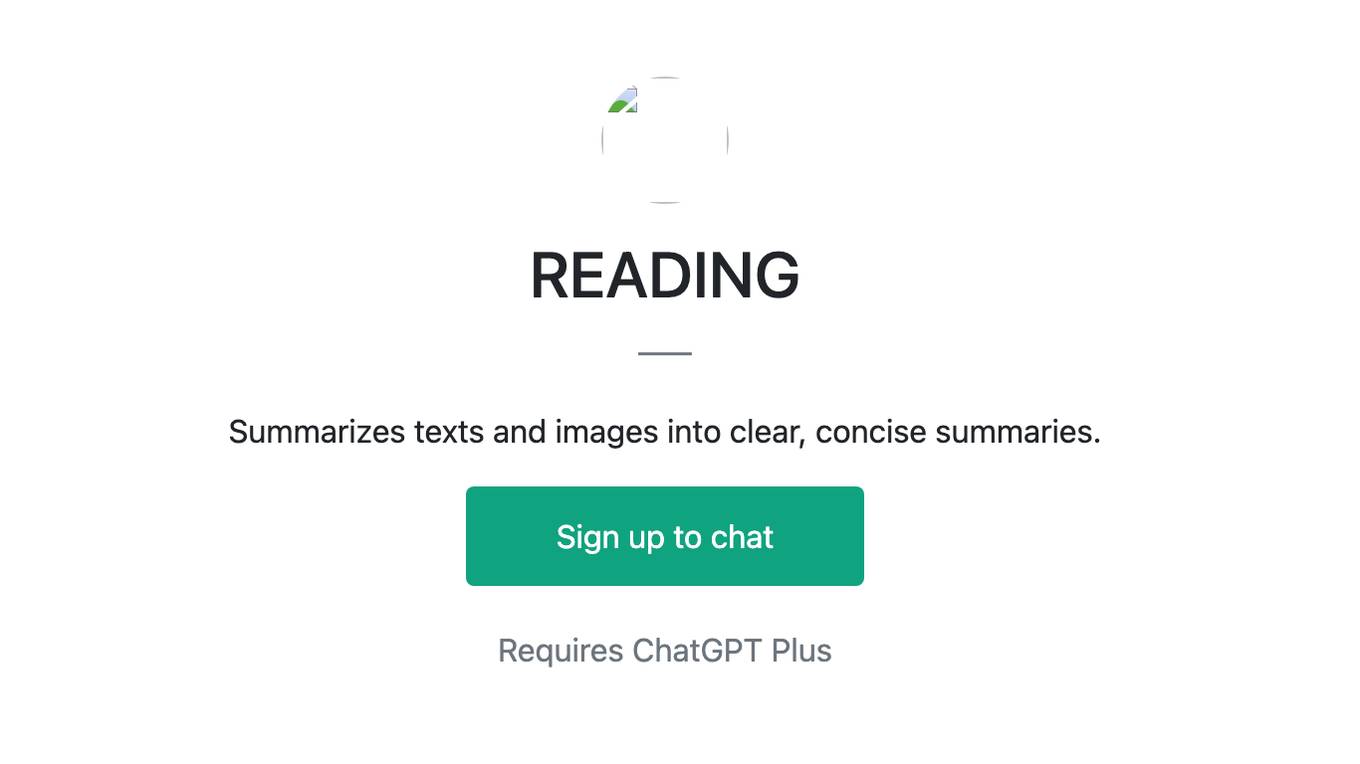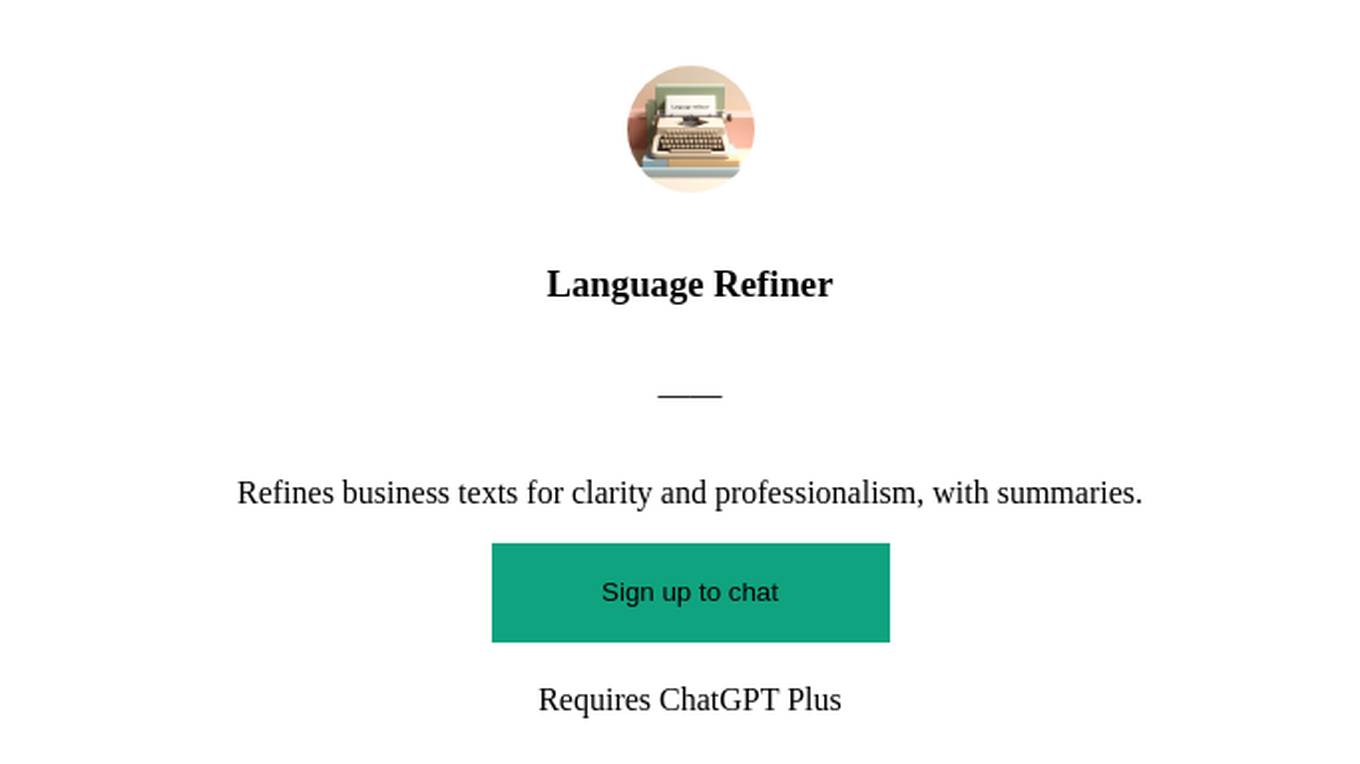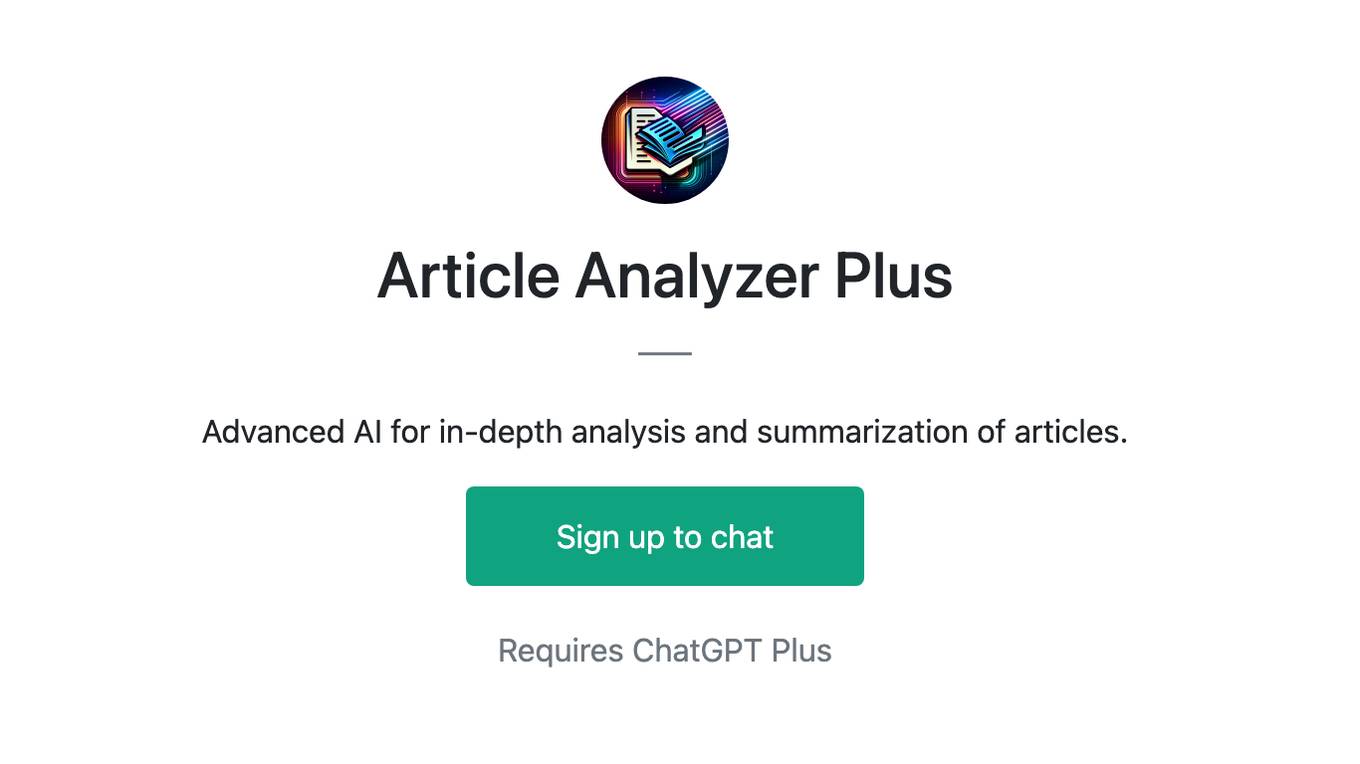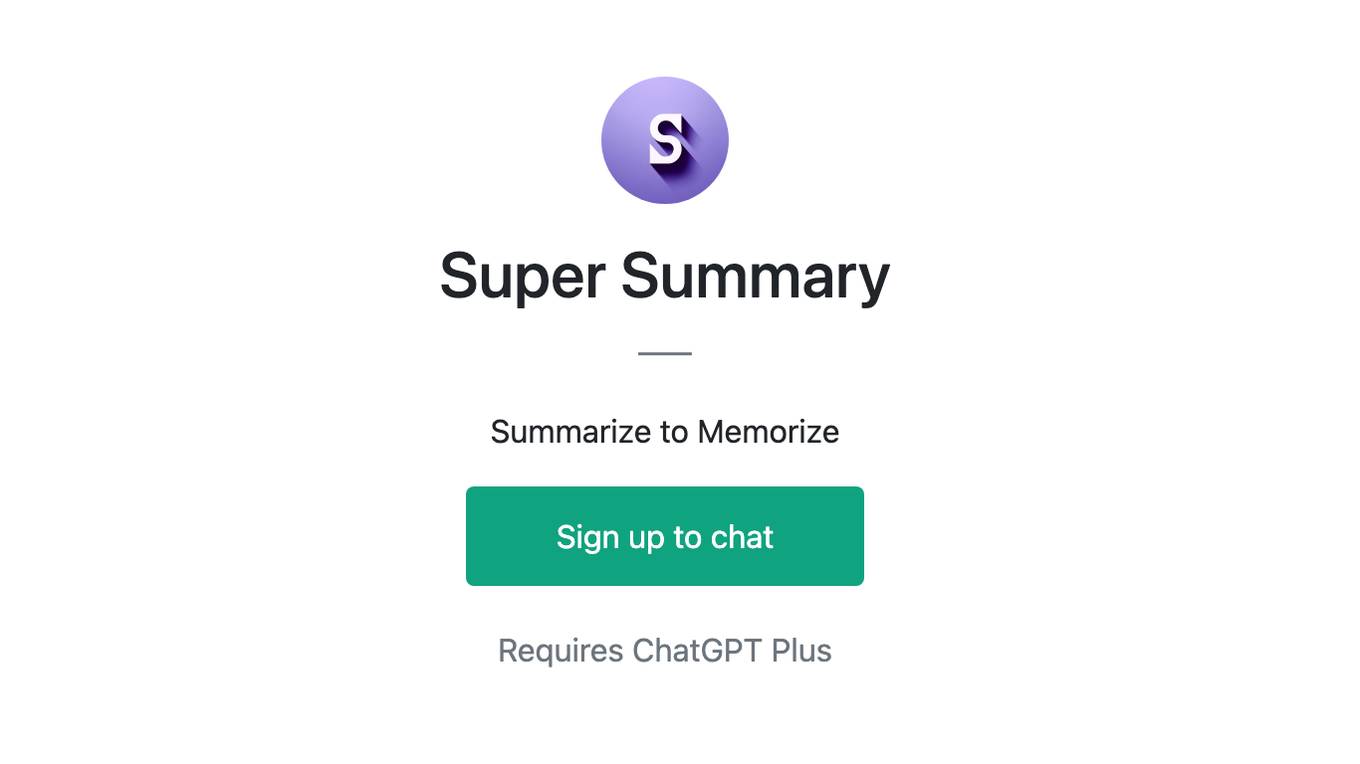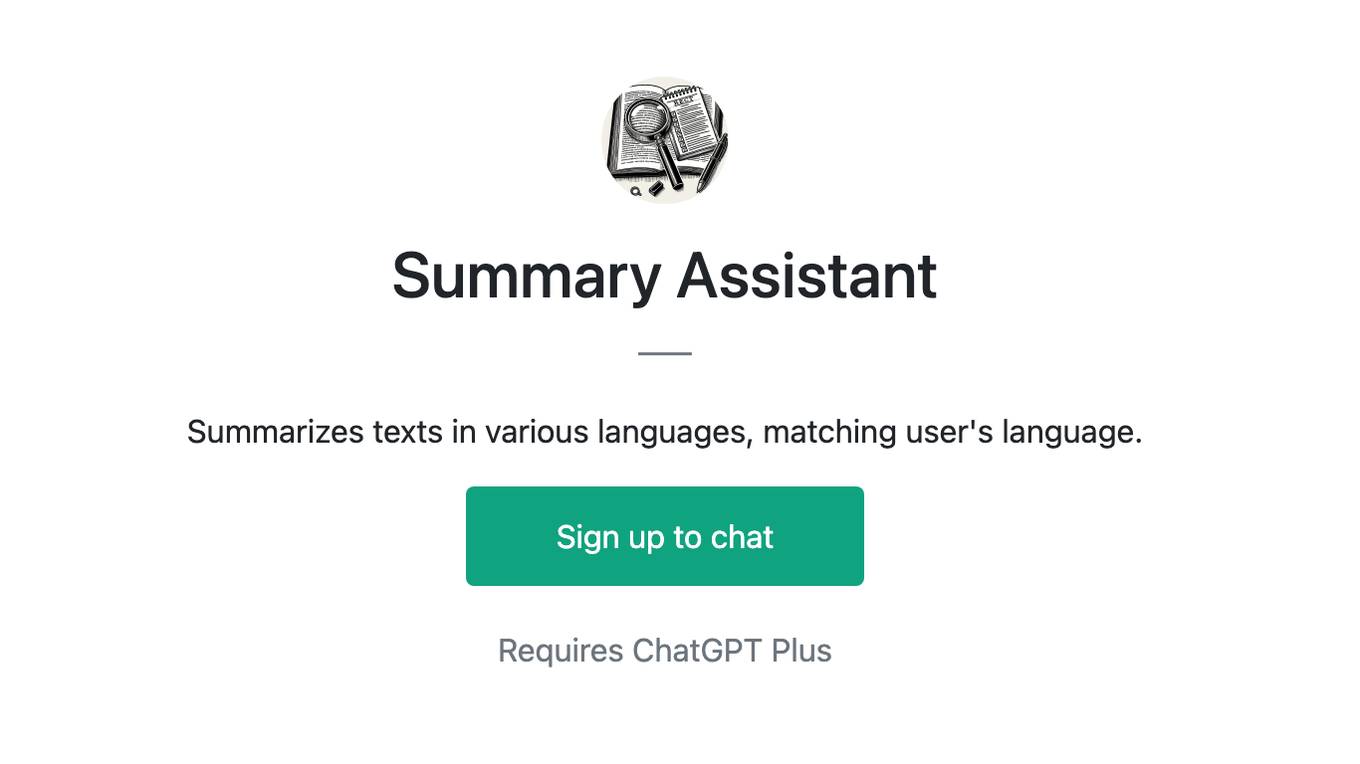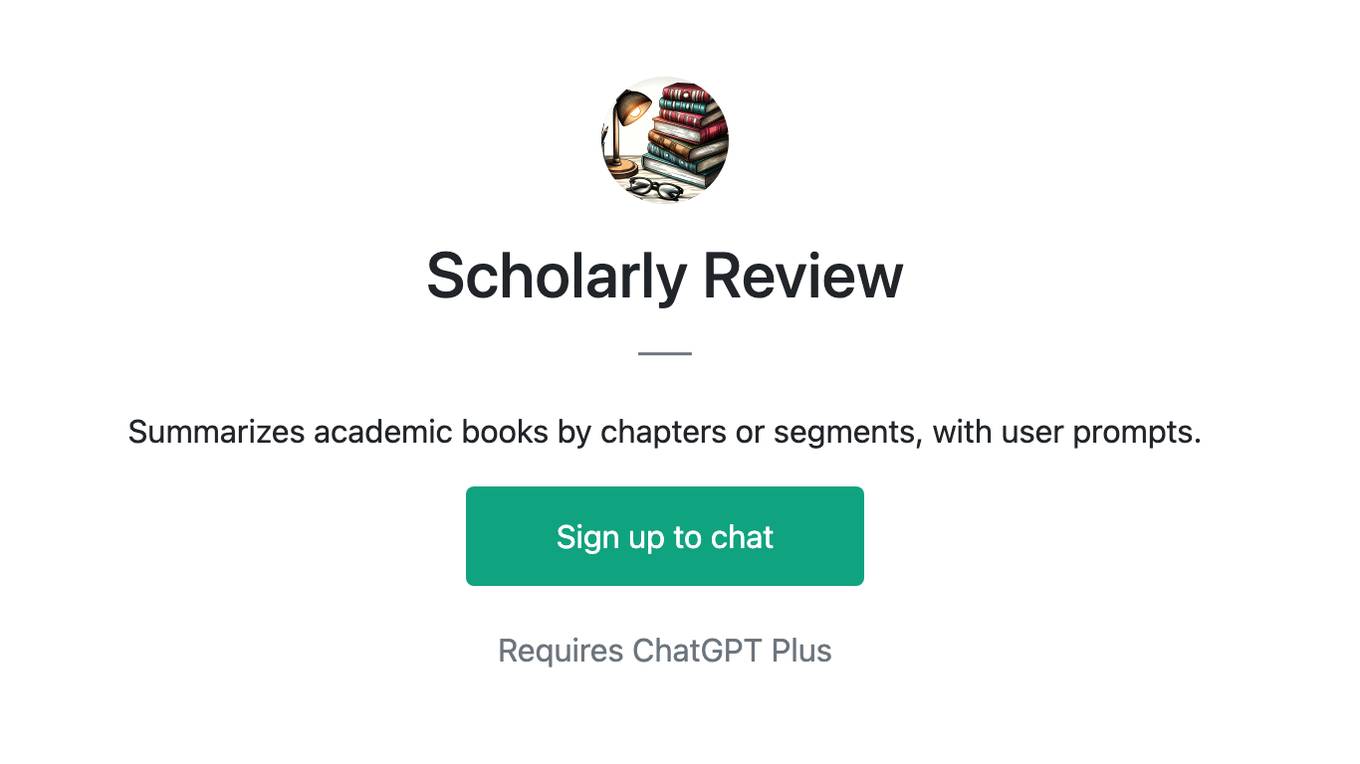Best AI tools for< Text Summarization >
20 - AI tool Sites
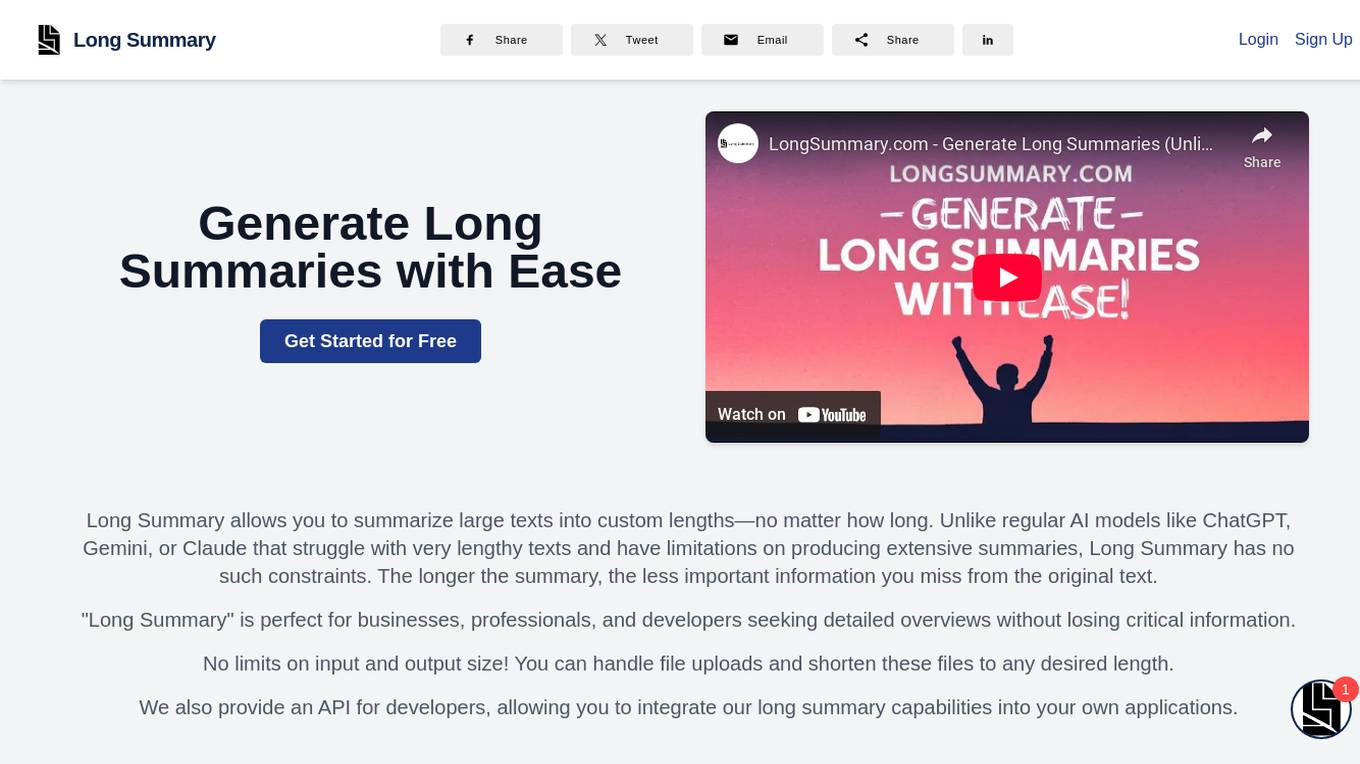
Long Summary
Long Summary is an AI tool that allows users to generate custom-length summaries from large texts with no length limits. It overcomes the constraints of regular AI models by providing accurate and coherent long summaries without losing essential details. The tool is ideal for businesses, professionals, and developers seeking detailed overviews without compromising critical information. Long Summary offers features such as handling large texts and files, generating custom-length summaries, and providing a developer API for integration into applications.
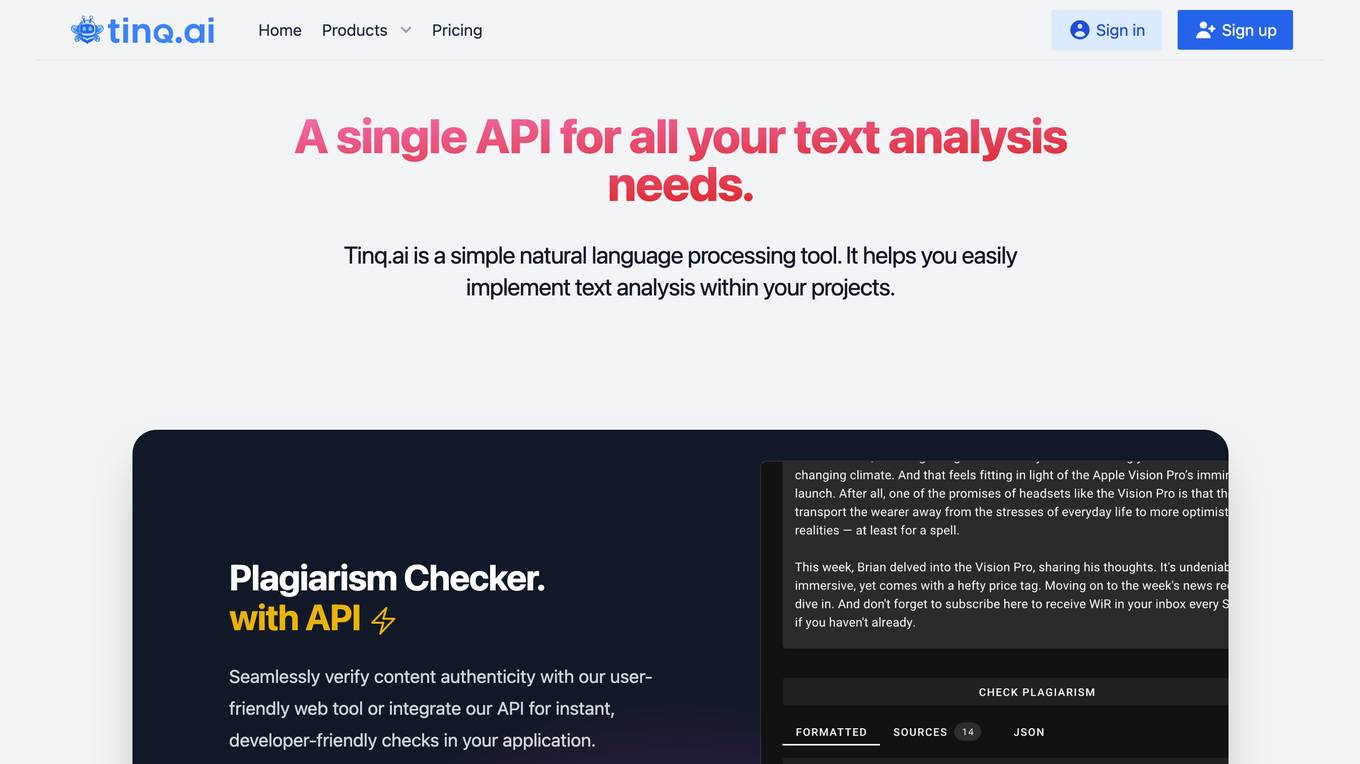
Tinq.ai
Tinq.ai is a natural language processing (NLP) tool that provides a range of text analysis capabilities through its API. It offers tools for tasks such as plagiarism checking, text summarization, sentiment analysis, named entity recognition, and article extraction. Tinq.ai's API can be integrated into applications to add NLP functionality, such as content moderation, sentiment analysis, and text rewriting.
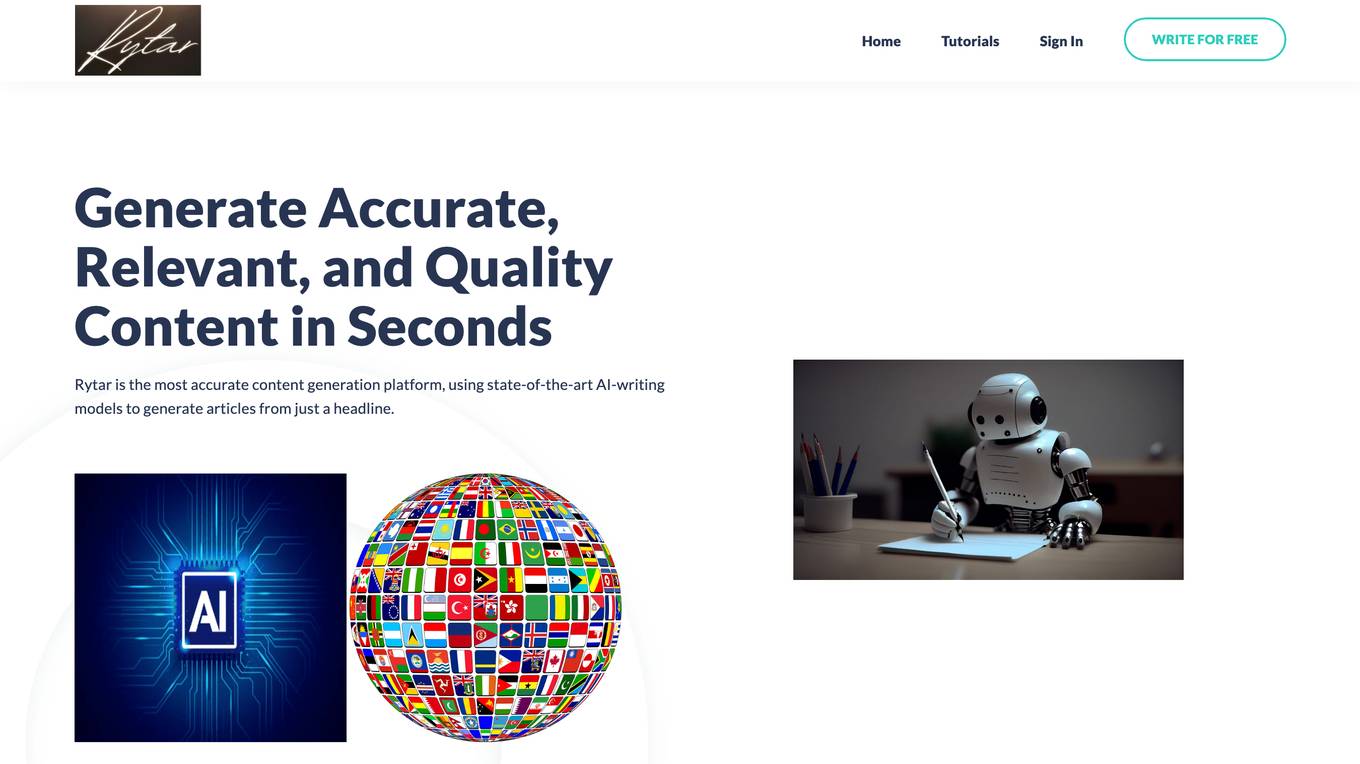
Rytar
Rytar is an AI-powered writing platform that helps users generate unique, relevant, and high-quality content in seconds. It uses state-of-the-art AI writing models to generate articles, blog posts, website pages, and other types of content from just a headline or a few keywords. Rytar is designed to help users save time and effort in the content creation process, and to produce content that is optimized for SEO and readability.

AI Writer
This website provides a suite of AI-powered writing tools, including an AI writer, text summarizer, story writer, and headline generator. These tools can help you generate high-quality content quickly and easily.
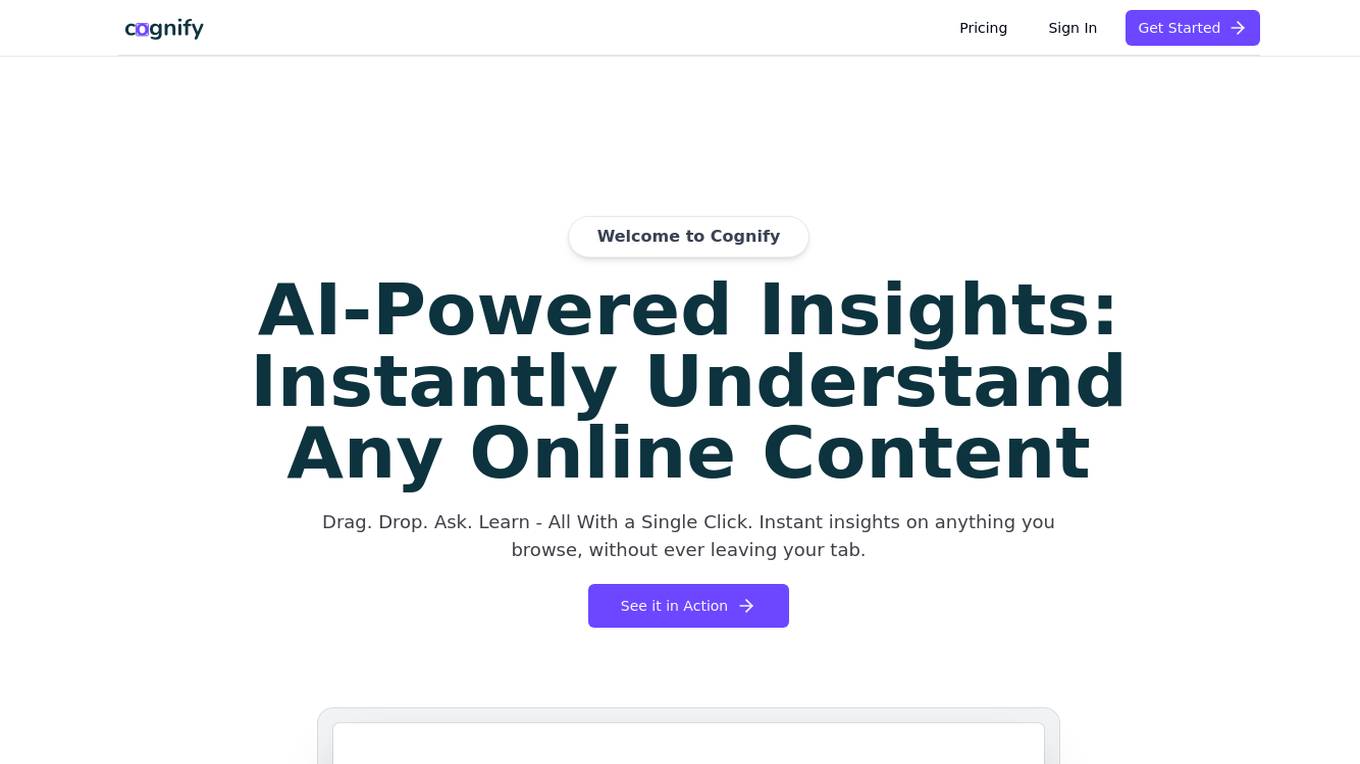
Cognify Insights
Cognify Insights is an AI-powered research assistant that provides instant understanding of online content such as text, diagrams, tables, and graphs. With a simple drag and drop feature, users can quickly analyze any type of content without leaving their browsing tab. The tool offers valuable insights and helps users unlock information efficiently.
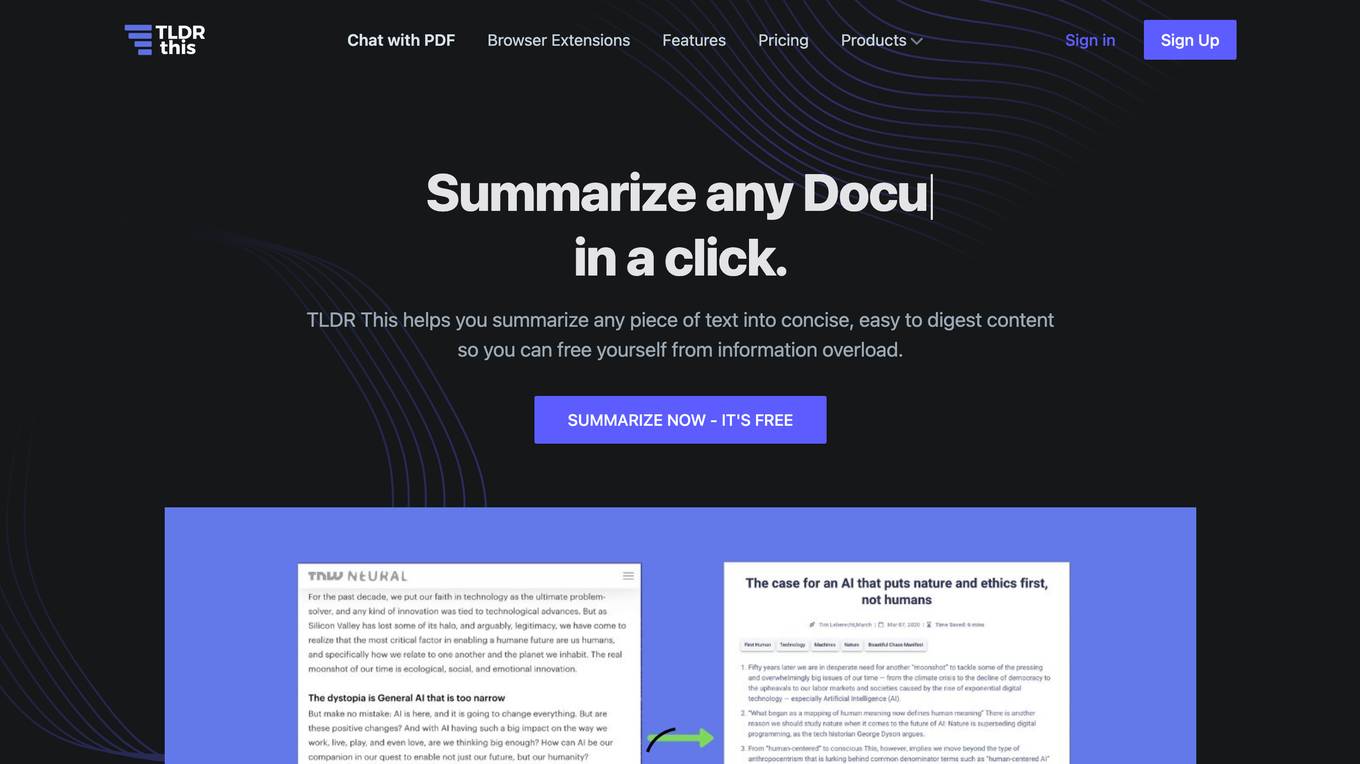
TLDR This
TLDR This is an online article summarizer tool that helps users quickly understand the essence of lengthy content. It uses AI to analyze any piece of text and summarize it automatically, in a way that makes it easy to read, understand, and act on. TLDR This also extracts essential metadata such as author and date information, related images, and the title. Additionally, it estimates the reading time for news articles and blog posts, ensuring users have all the necessary information consolidated in one place for efficient reading. TLDR This is designed for students, writers, teachers, institutions, journalists, and any internet user who needs to quickly understand the essence of lengthy content.
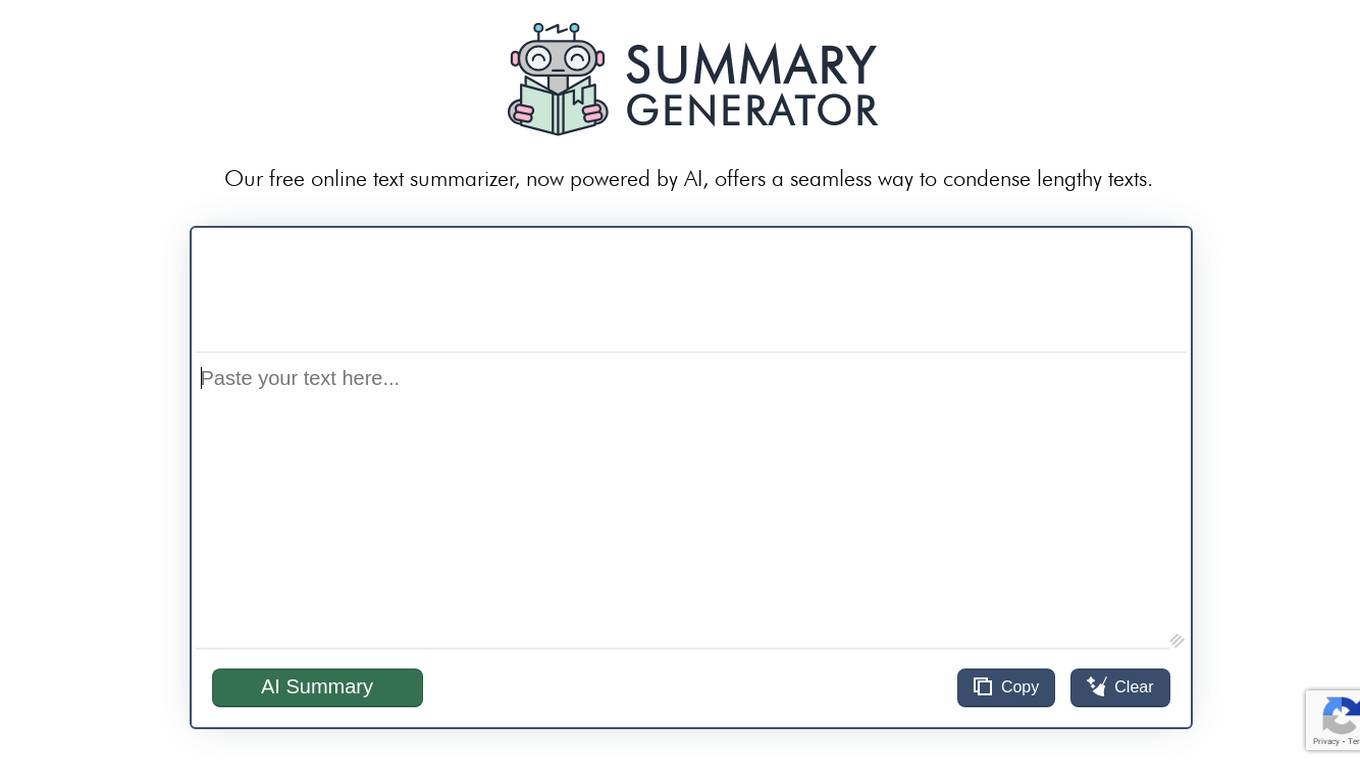
Text Summarizer
The website offers a free online text summarizer powered by AI, designed to condense lengthy texts efficiently. It caters to professionals, students, and researchers who need to extract key details from documents. The tool utilizes advanced AI algorithms to provide users with essential information quickly, enhancing learning and productivity. Users can easily summarize text by pasting it into the tool, generating clear and concise summaries for research or quick information retrieval. The AI-enhanced tool aims to improve efficiency in processing large volumes of text.

InfraNodus
InfraNodus is a text network visualization tool that helps users generate insights from any discourse by representing it as a network. It uses AI-powered algorithms to identify structural gaps in the text and suggest ways to bridge them. InfraNodus can be used for a variety of purposes, including research, creative writing, marketing, and SEO.
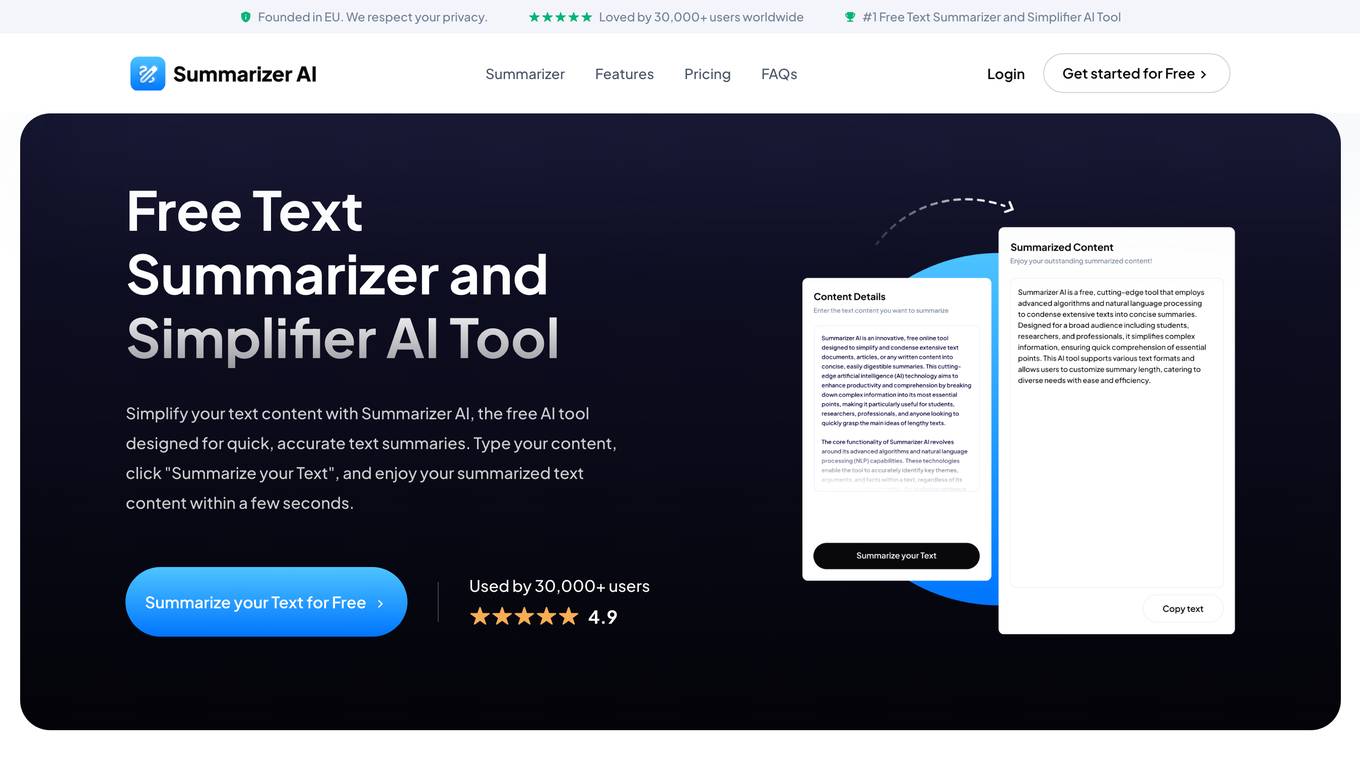
Summarizer AI
Summarizer AI is a free online tool that simplifies and condenses extensive text documents, articles, or any written content into concise, easily digestible summaries. This cutting-edge artificial intelligence (AI) technology aims to enhance productivity and comprehension by breaking down complex information into its most essential points, making it particularly useful for students, researchers, professionals, and anyone looking to quickly grasp the main ideas of lengthy texts. The platform is user-friendly, emphasizing privacy and security for its users. It enhances reading comprehension by highlighting key terms and facilitates efficient knowledge acquisition without compromising on data confidentiality. Summarizer AI stands out for its versatility, ease of use, and commitment to user privacy, making it an invaluable resource for efficient text analysis and summarization.
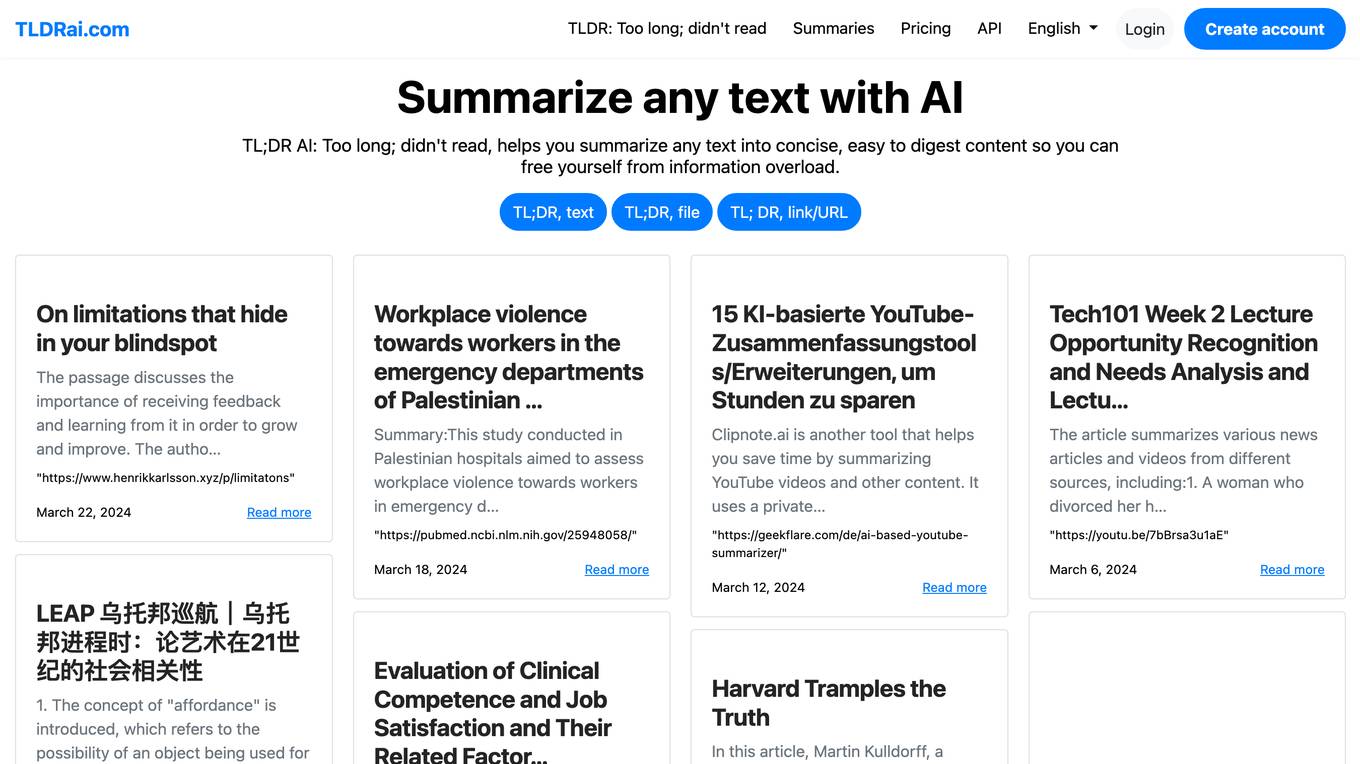
TLDRai
TLDRai.com is an AI tool designed to help users summarize any text into concise and easy-to-digest content, enabling them to free themselves from information overload. The tool utilizes AI technology to provide efficient text summarization services, making it a valuable resource for individuals seeking quick and accurate summaries of lengthy texts.
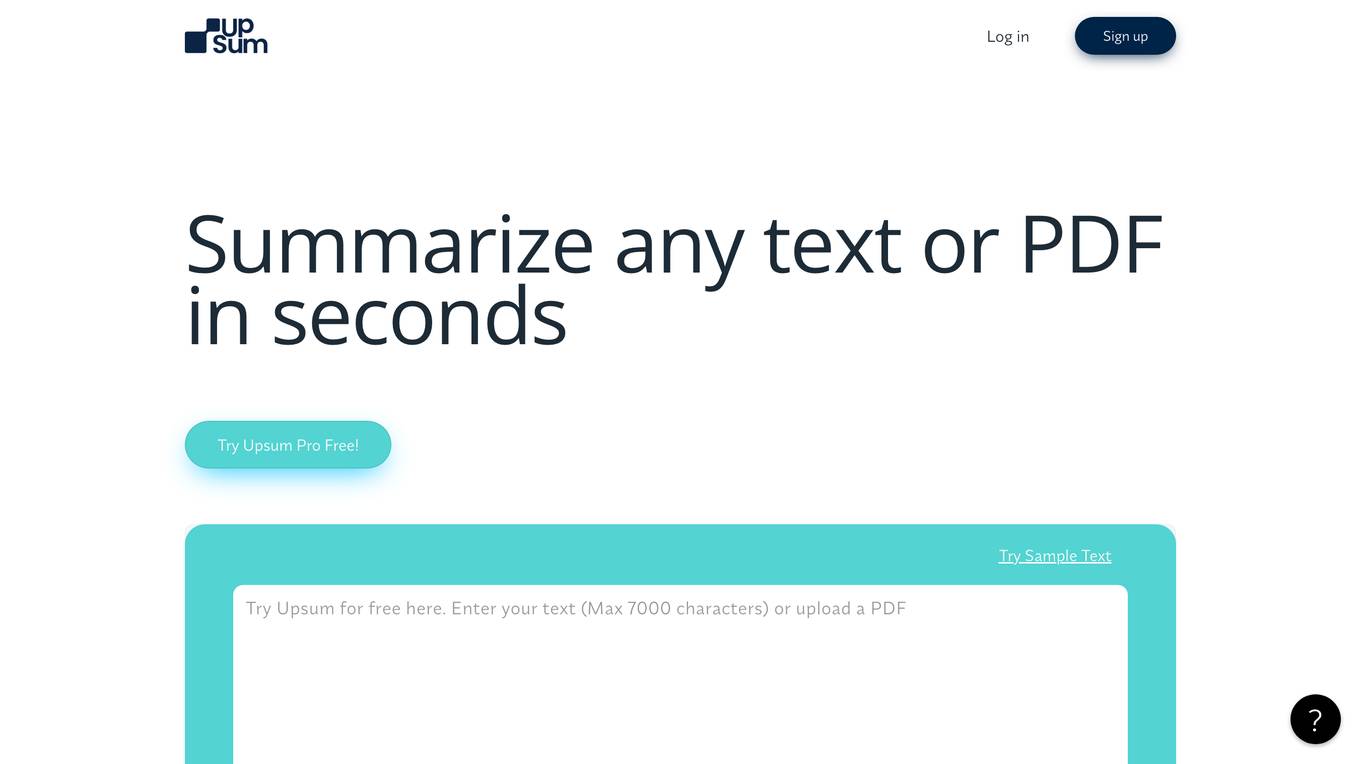
UpSum
UpSum is a text summarization tool that uses advanced AI technology to condense lengthy texts into concise summaries. It is designed to save users time and effort by extracting the key points and insights from documents, research papers, news articles, and other written content. UpSum's AI algorithm analyzes the text, identifies the most important sentences and phrases, and assembles them into a coherent summary that accurately represents the main ideas and key takeaways of the original text. The tool is easy to use, simply upload or paste your text, select the desired summary length, and click the summarize button. UpSum is available as a free web-based tool, as well as a premium subscription with additional features and capabilities.
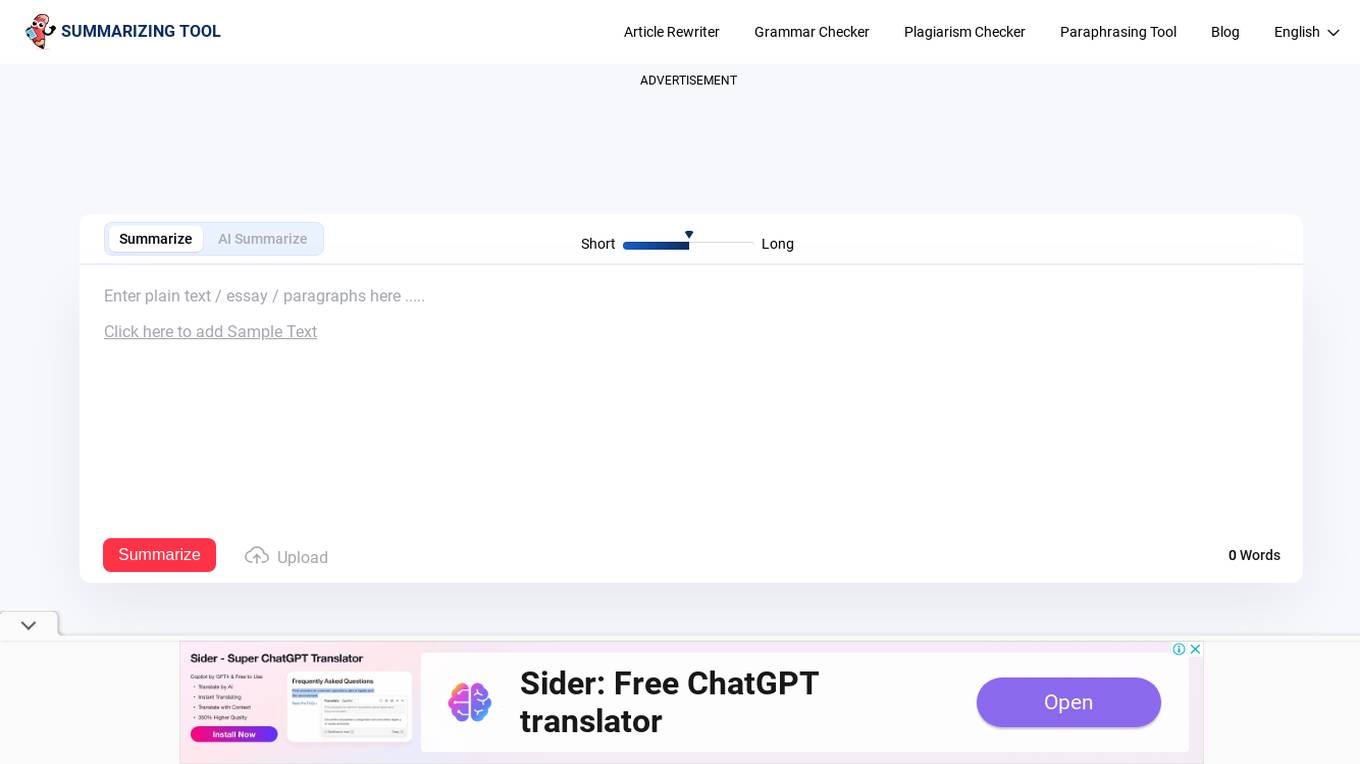
AI Summarizing Tool
The AI Summarizing Tool is a free online summary generator that uses advanced AI technology to quickly identify important points in text while maintaining the original context. Users can summarize various types of content such as articles, paragraphs, essays, and thesis. The tool is developed with algorithms that ensure accuracy and efficiency in creating summaries without altering the original meaning of the content. It offers features like free usage, unlimited text summarization, support for multiple languages, integration with other writing tools, and precise summaries using AI technology.
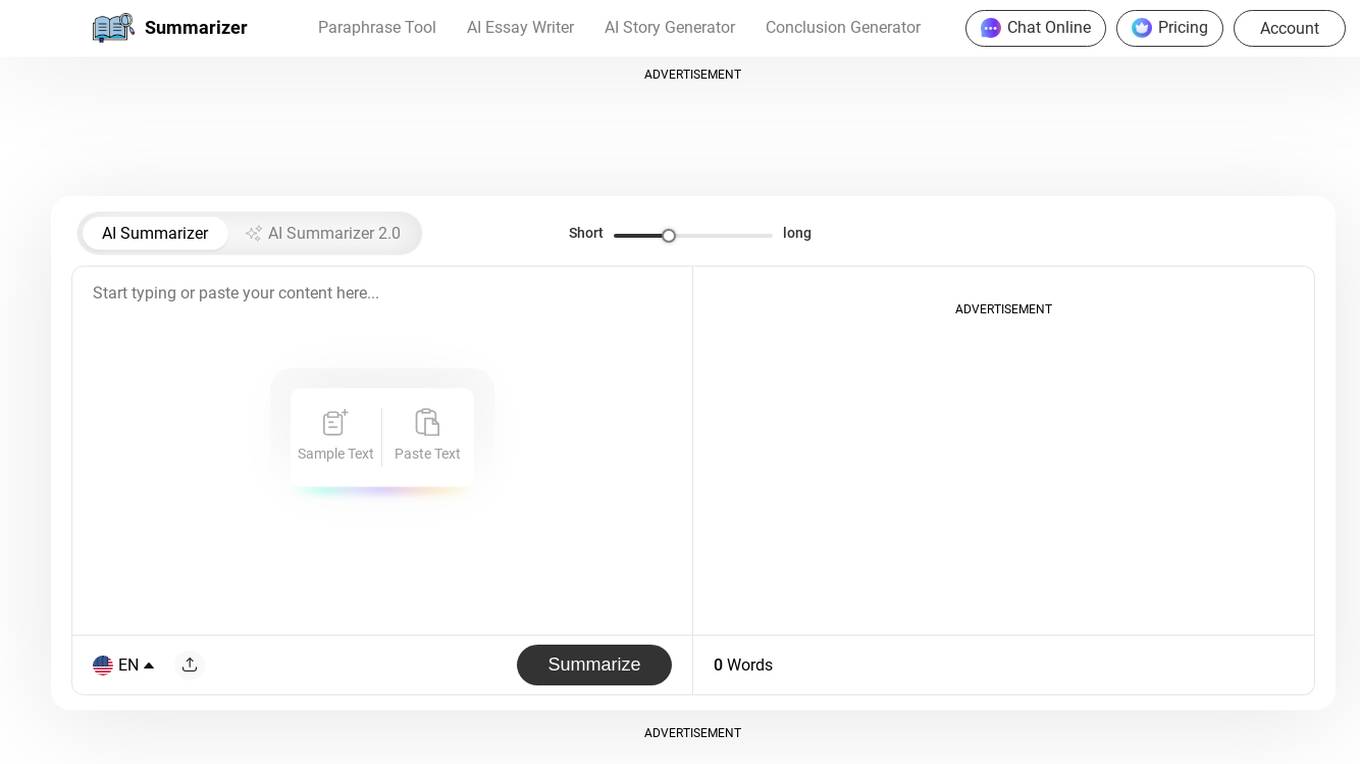
AI Summarizer
AI Summarizer is an online tool that uses state-of-the-art AI technology to shorten text while preserving all main points. It ensures accuracy and maintains original context, making it suitable for various types of content like essays or blog posts. Users can easily summarize text by typing or uploading content, with options to download, copy, or clear the summary. The tool offers features like setting summary length, showing bullets and best lines, and supporting multiple languages. It is known for its extensive word count limit, data safety, and readability-enhancing features.
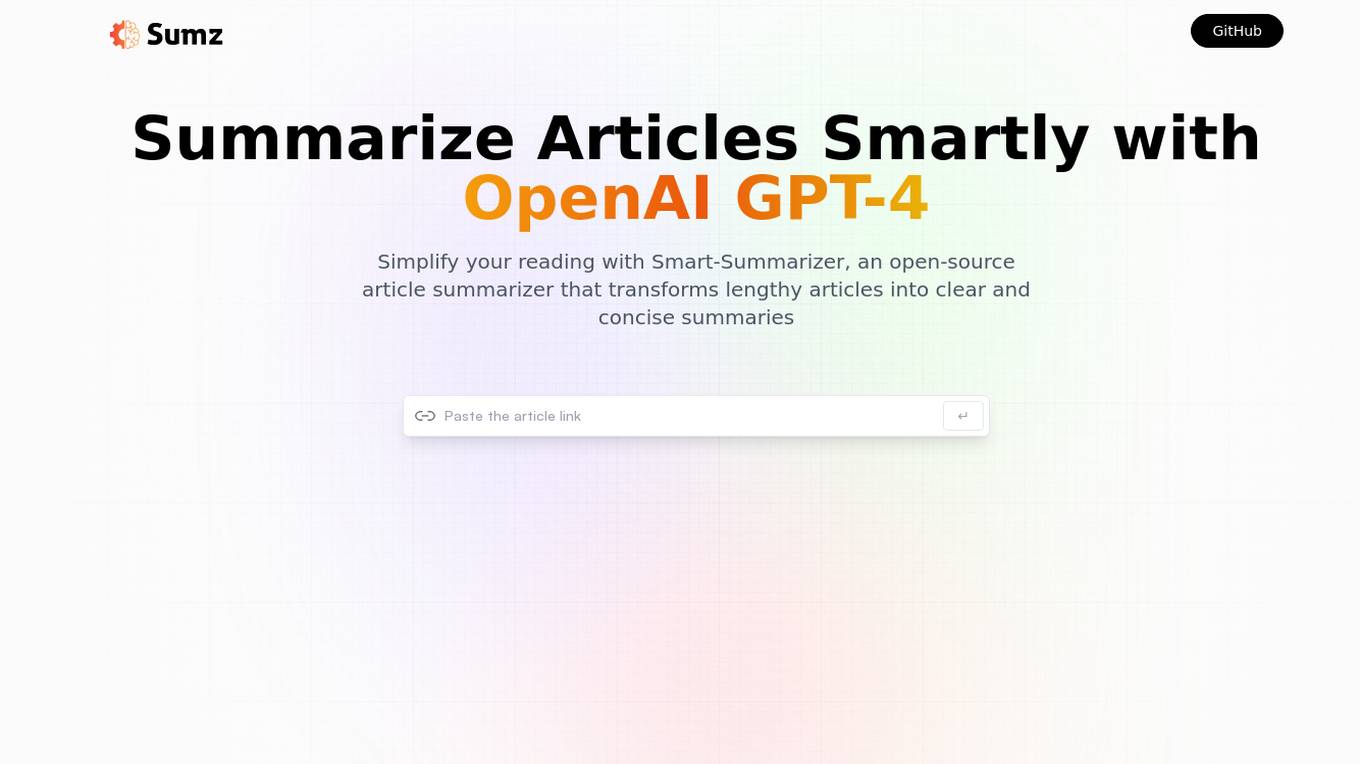
Smart-Summarizer
Smart-Summarizer is a powerful AI-powered tool that helps you summarize text quickly and easily. With its advanced algorithms, Smart-Summarizer can automatically extract the most important points from any piece of text, creating a concise and informative summary in seconds. Whether you're a student trying to condense your notes, a researcher needing to synthesize complex information, or a professional looking to save time on reading lengthy documents, Smart-Summarizer is the perfect tool for you.
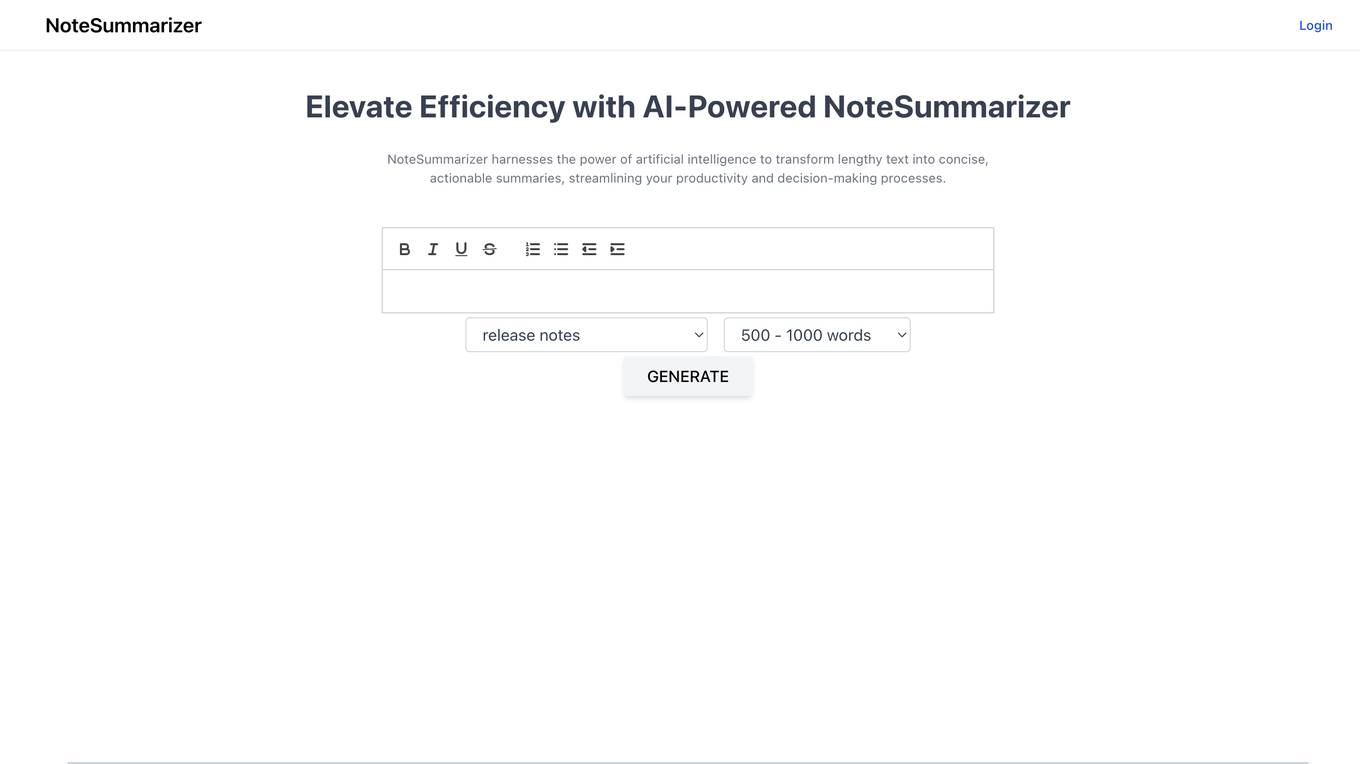
Note Summarizer
Note Summarizer is an AI-powered tool that helps you quickly and easily summarize large amounts of text. With its advanced natural language processing capabilities, Note Summarizer can extract the most important points from any document, article, or website, providing you with a concise and informative summary in seconds.
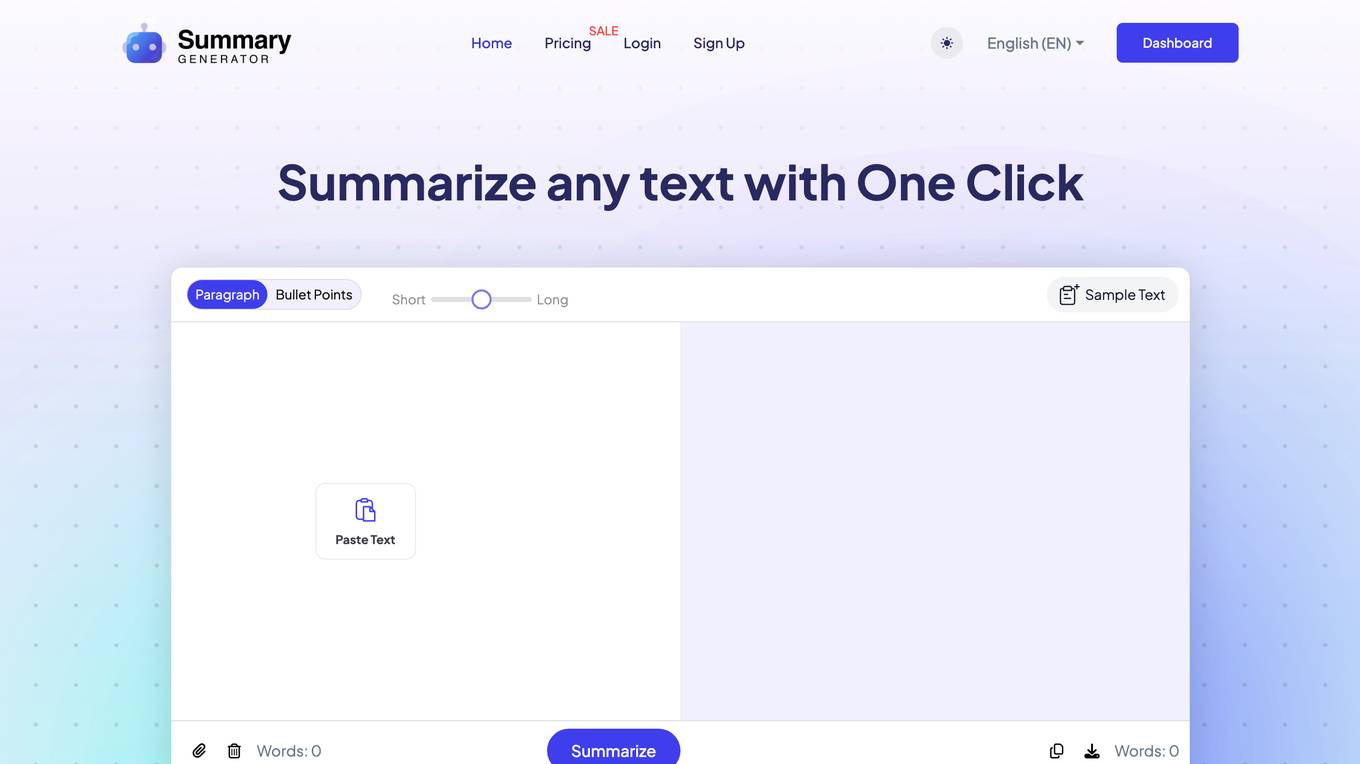
SummaryGenerator.io
SummaryGenerator.io is an AI-powered text summarizer that uses advanced algorithms and natural language processing to analyze the content and identify main ideas to generate relevant summaries. It generates summaries of varying lengths for any type of content.
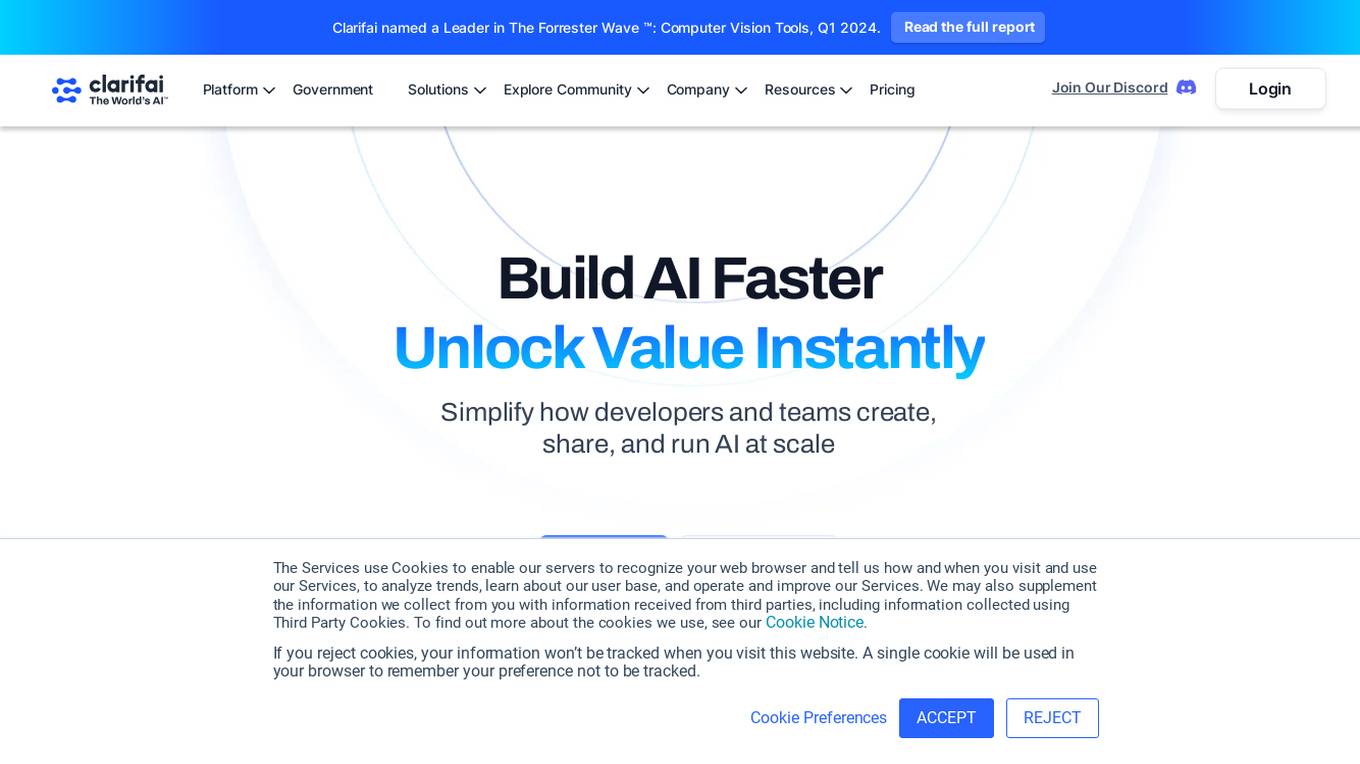
Clarifai
Clarifai is a full-stack AI developer platform that provides a range of tools and services for building and deploying AI applications. The platform includes a variety of computer vision, natural language processing, and generative AI models, as well as tools for data preparation, model training, and model deployment. Clarifai is used by a variety of businesses and organizations, including Fortune 500 companies, startups, and government agencies.
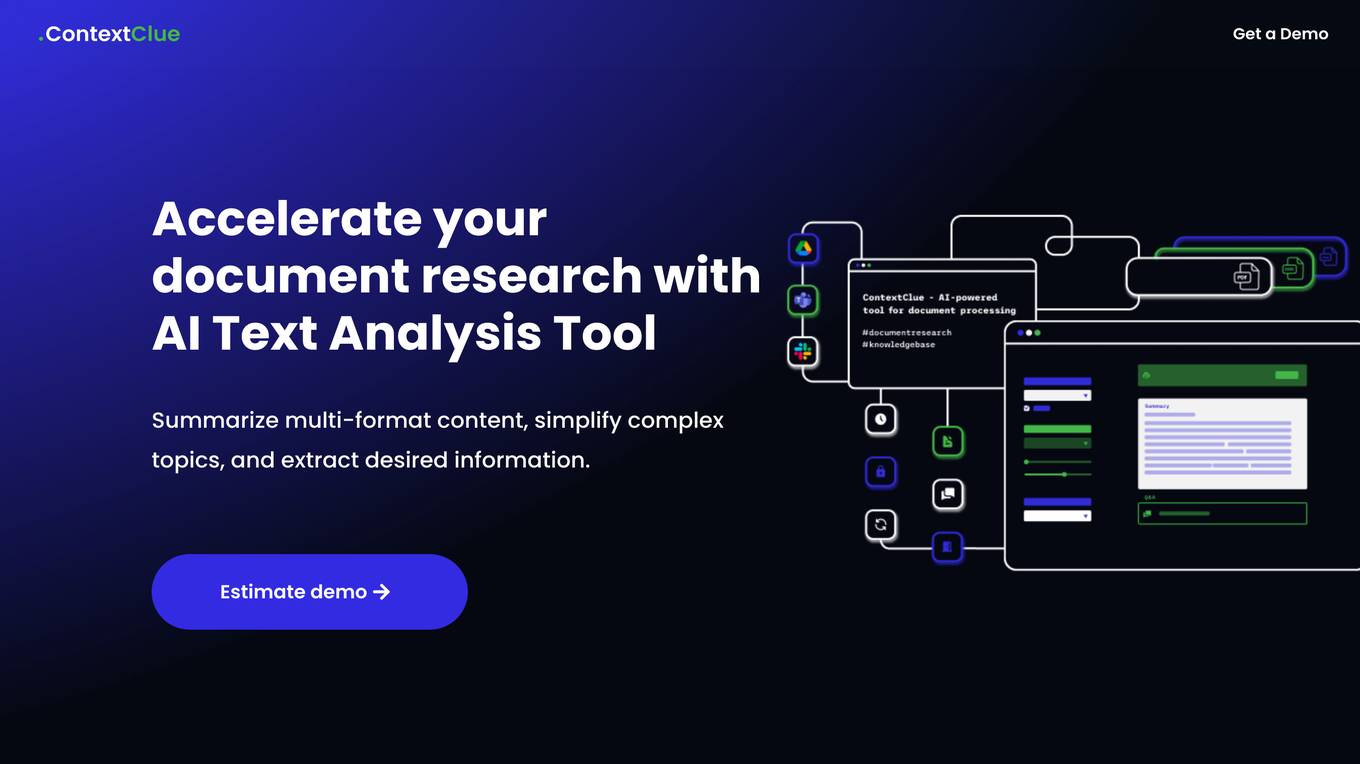
ContextClue
ContextClue is an AI text analysis tool that offers enhanced document insights through features like text summarization, report generation, and LLM-driven semantic search. It helps users summarize multi-format content, automate document creation, and enhance research by understanding context and intent. ContextClue empowers users to efficiently analyze documents, extract insights, and generate content with unparalleled accuracy. The tool can be customized and integrated into existing workflows, making it suitable for various industries and tasks.

SumyAI
SumyAI is an AI-powered tool that helps users get 10x faster insights from YouTube videos. It condenses lengthy videos into key points for faster absorption, saving time and enhancing retention. SumyAI also provides summaries of events and conferences, podcasts and interviews, educational tutorials, product reviews, news reports, and entertainment.
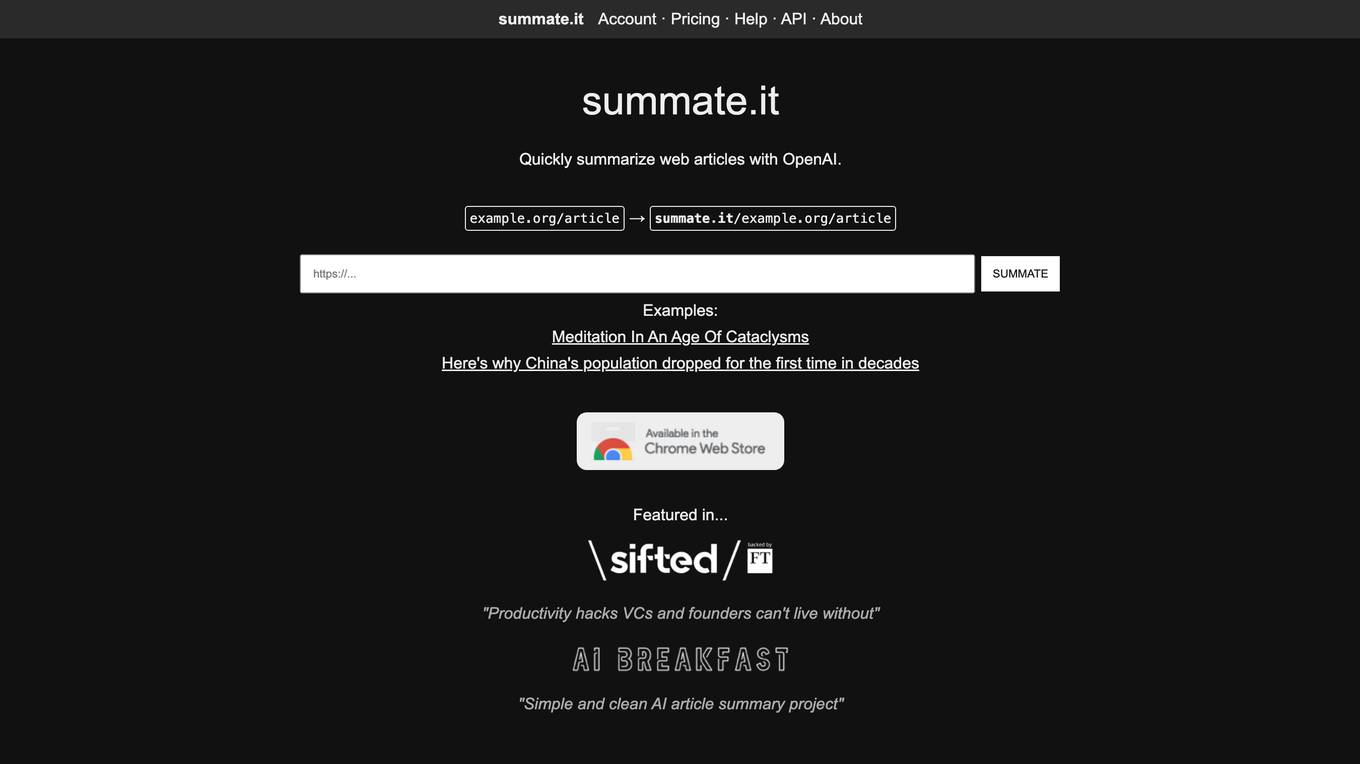
Summate.it
Summate.it is a tool that uses OpenAI to quickly summarize web articles. It is simple and clean, and it can be used to summarize any web article by simply pasting the URL into the text box. Summate.it is a great way to quickly get the gist of an article without having to read the entire thing.
5 - Open Source AI Tools

llava-docker
This Docker image for LLaVA (Large Language and Vision Assistant) provides a convenient way to run LLaVA locally or on RunPod. LLaVA is a powerful AI tool that combines natural language processing and computer vision capabilities. With this Docker image, you can easily access LLaVA's functionalities for various tasks, including image captioning, visual question answering, text summarization, and more. The image comes pre-installed with LLaVA v1.2.0, Torch 2.1.2, xformers 0.0.23.post1, and other necessary dependencies. You can customize the model used by setting the MODEL environment variable. The image also includes a Jupyter Lab environment for interactive development and exploration. Overall, this Docker image offers a comprehensive and user-friendly platform for leveraging LLaVA's capabilities.
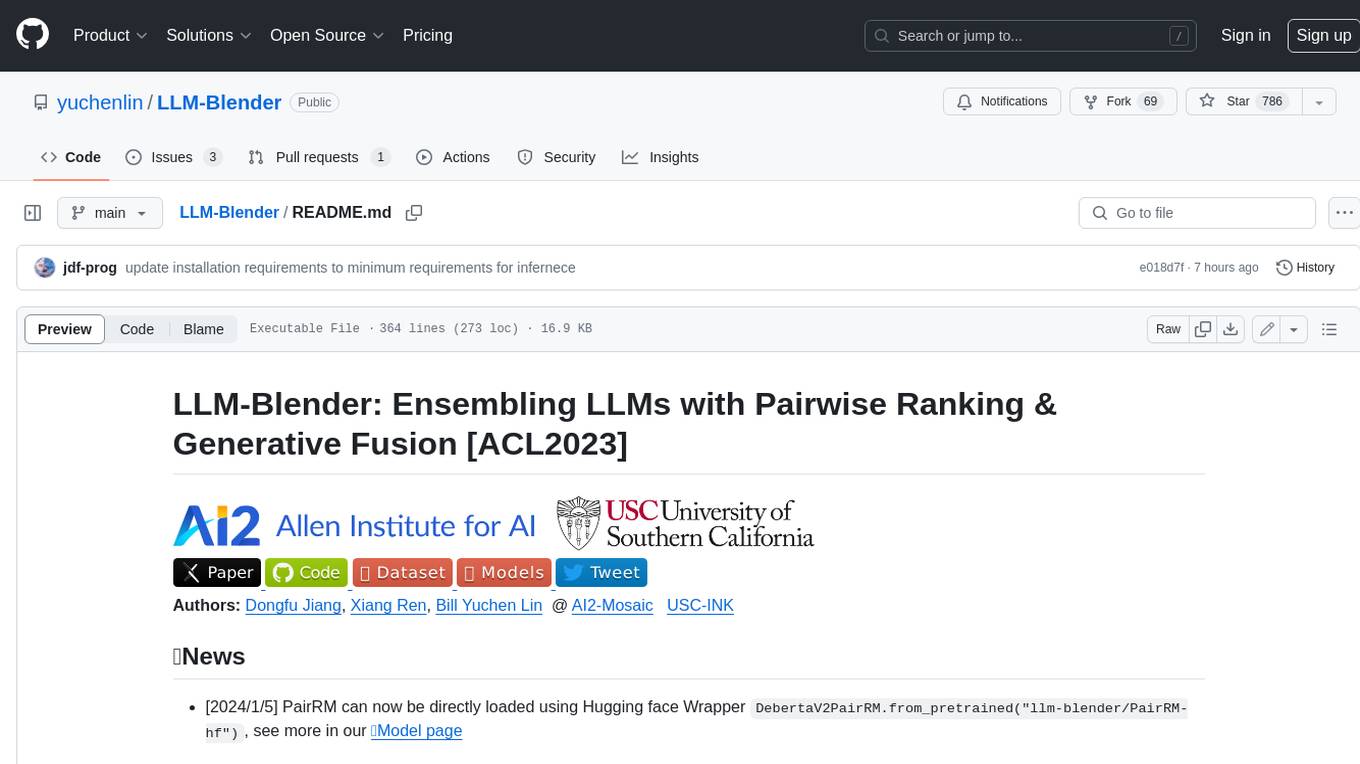
LLM-Blender
LLM-Blender is a framework for ensembling large language models (LLMs) to achieve superior performance. It consists of two modules: PairRanker and GenFuser. PairRanker uses pairwise comparisons to distinguish between candidate outputs, while GenFuser merges the top-ranked candidates to create an improved output. LLM-Blender has been shown to significantly surpass the best LLMs and baseline ensembling methods across various metrics on the MixInstruct benchmark dataset.
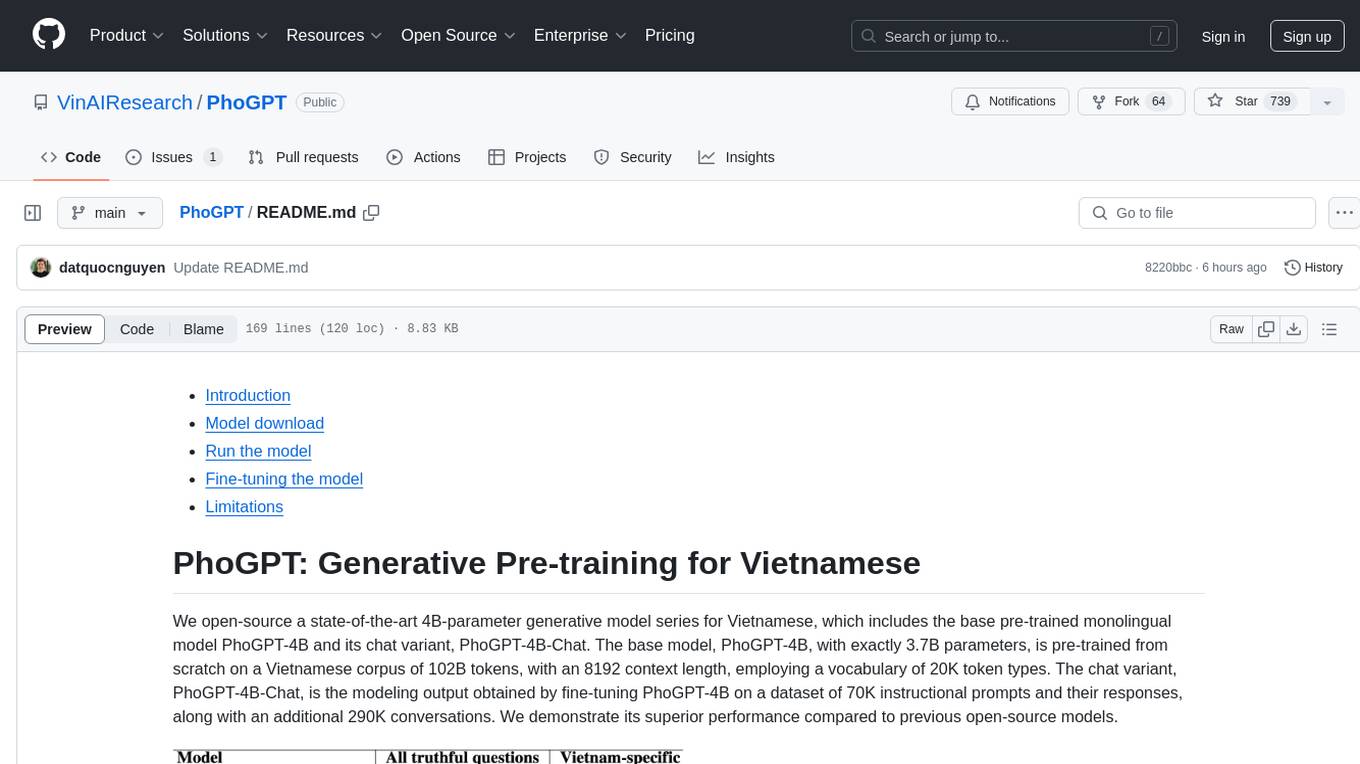
PhoGPT
PhoGPT is an open-source 4B-parameter generative model series for Vietnamese, including the base pre-trained monolingual model PhoGPT-4B and its chat variant, PhoGPT-4B-Chat. PhoGPT-4B is pre-trained from scratch on a Vietnamese corpus of 102B tokens, with an 8192 context length and a vocabulary of 20K token types. PhoGPT-4B-Chat is fine-tuned on instructional prompts and conversations, demonstrating superior performance. Users can run the model with inference engines like vLLM and Text Generation Inference, and fine-tune it using llm-foundry. However, PhoGPT has limitations in reasoning, coding, and mathematics tasks, and may generate harmful or biased responses.
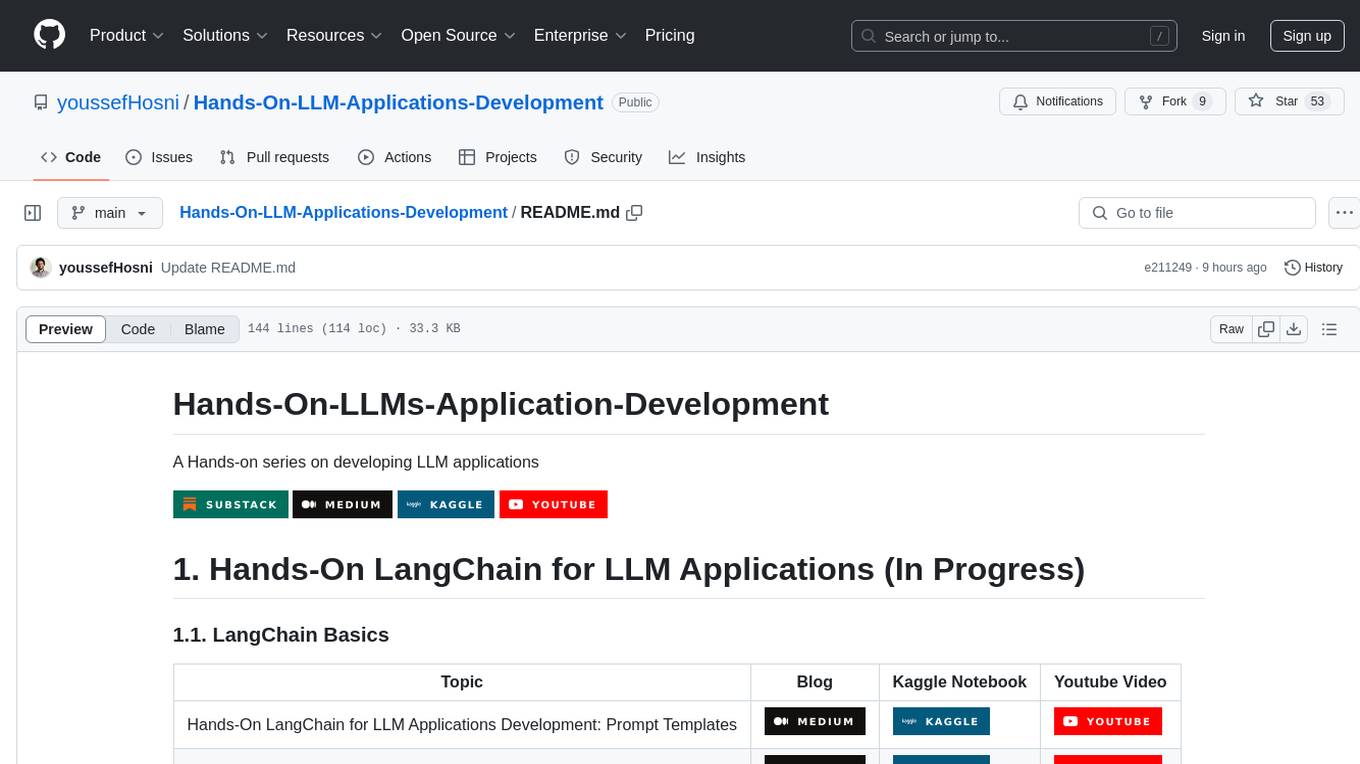
Hands-On-LLM-Applications-Development
Hands-On-LLM-Applications-Development is a repository focused on developing applications using Large Language Models (LLMs). The repository provides hands-on tutorials, guides, and resources for building various applications such as LangChain for LLM applications, Retrieval Augmented Generation (RAG) with LangChain, building LLM agents with LangGraph, and advanced LangChain with OpenAI. It covers topics like prompt engineering for LLMs, building applications using HuggingFace open-source models, LLM fine-tuning, and advanced RAG applications.
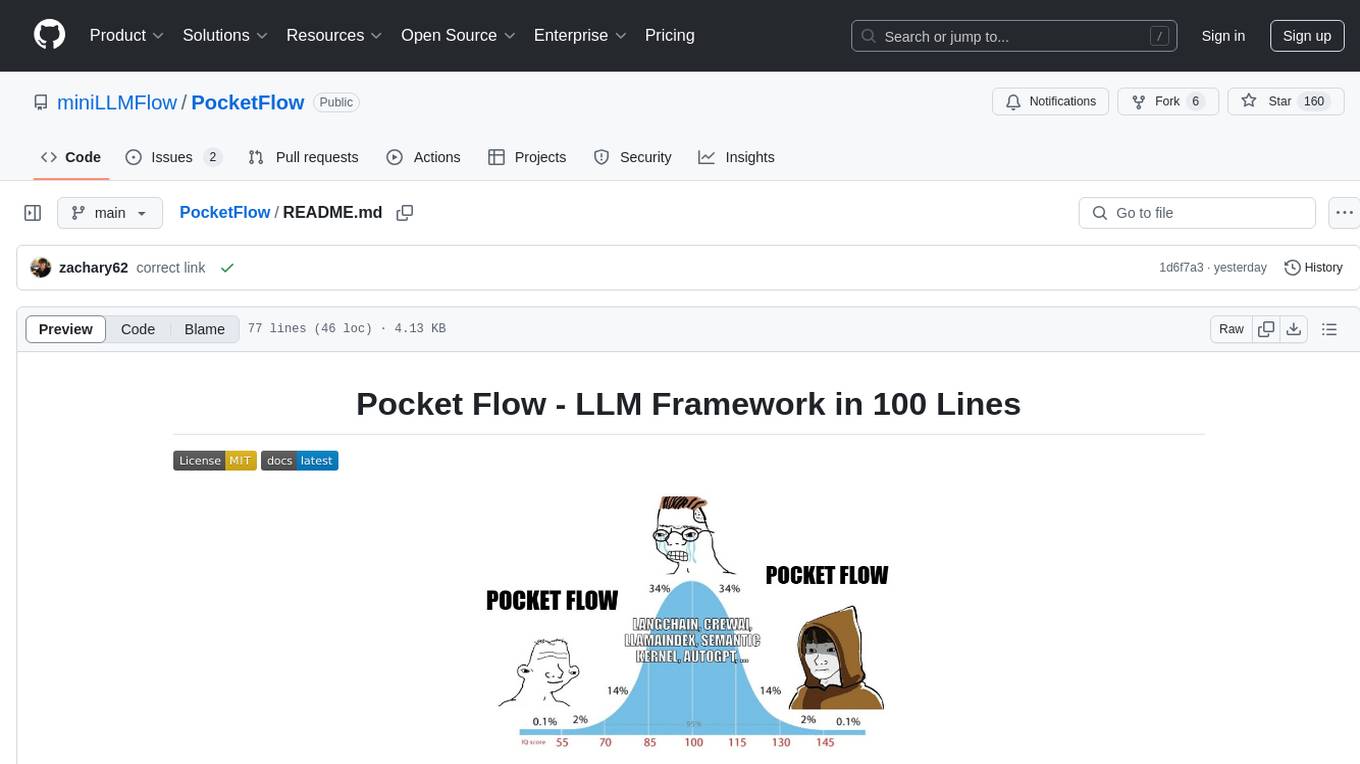
PocketFlow
Pocket Flow is a 100-line minimalist LLM framework designed for (Multi-)Agents, Task Decomposition, RAG, etc. It aims to be the framework used by LLMs, focusing on stripping away low-level implementation details and emphasizing high-level programming paradigms. Pocket Flow serves as a learning resource and provides a core abstraction of a nested directed graph for breaking down tasks into multiple steps.
20 - OpenAI Gpts
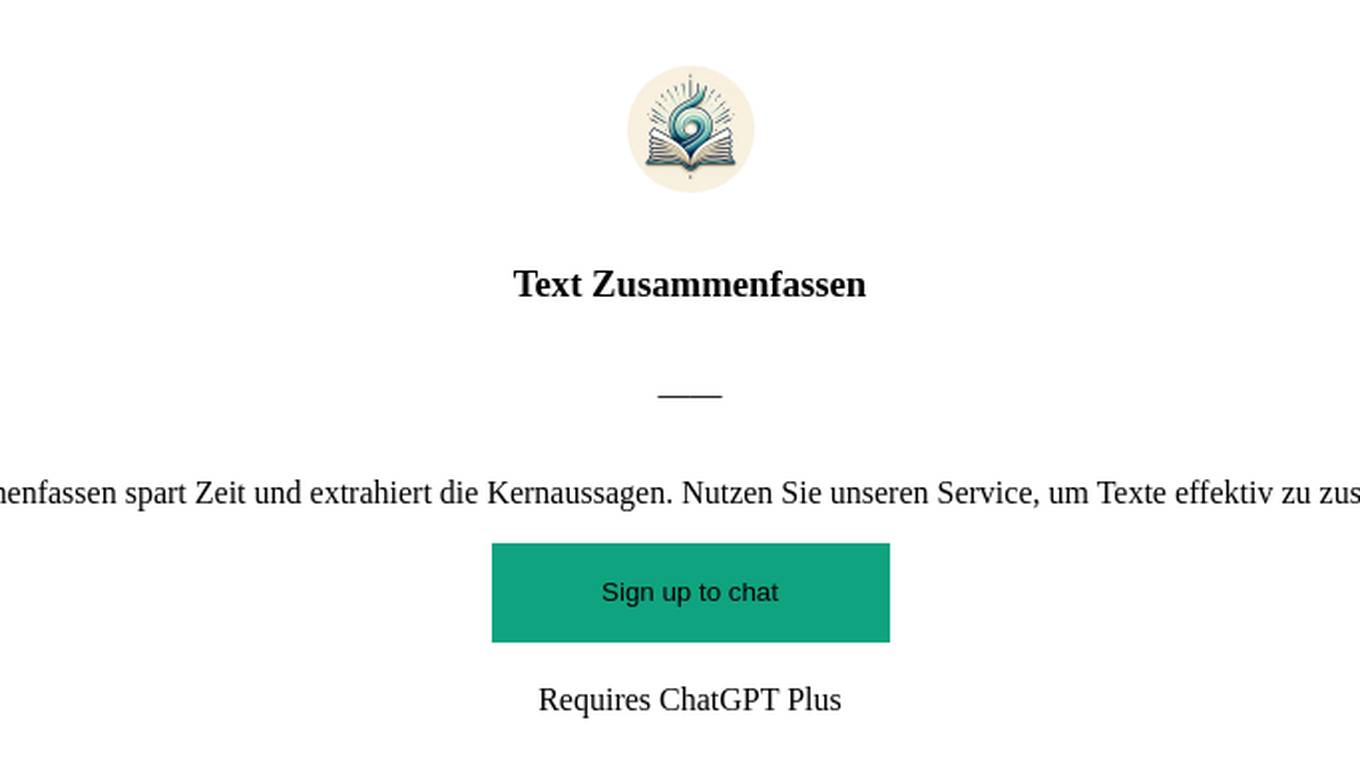
Text Zusammenfassen
Text zusammenfassen spart Zeit und extrahiert die Kernaussagen. Nutzen Sie unseren Service, um Texte effektiv zu zusammenfassen.

Succinct Summarizer
Summarizes texts in various styles so they can be effective to various stakeholders
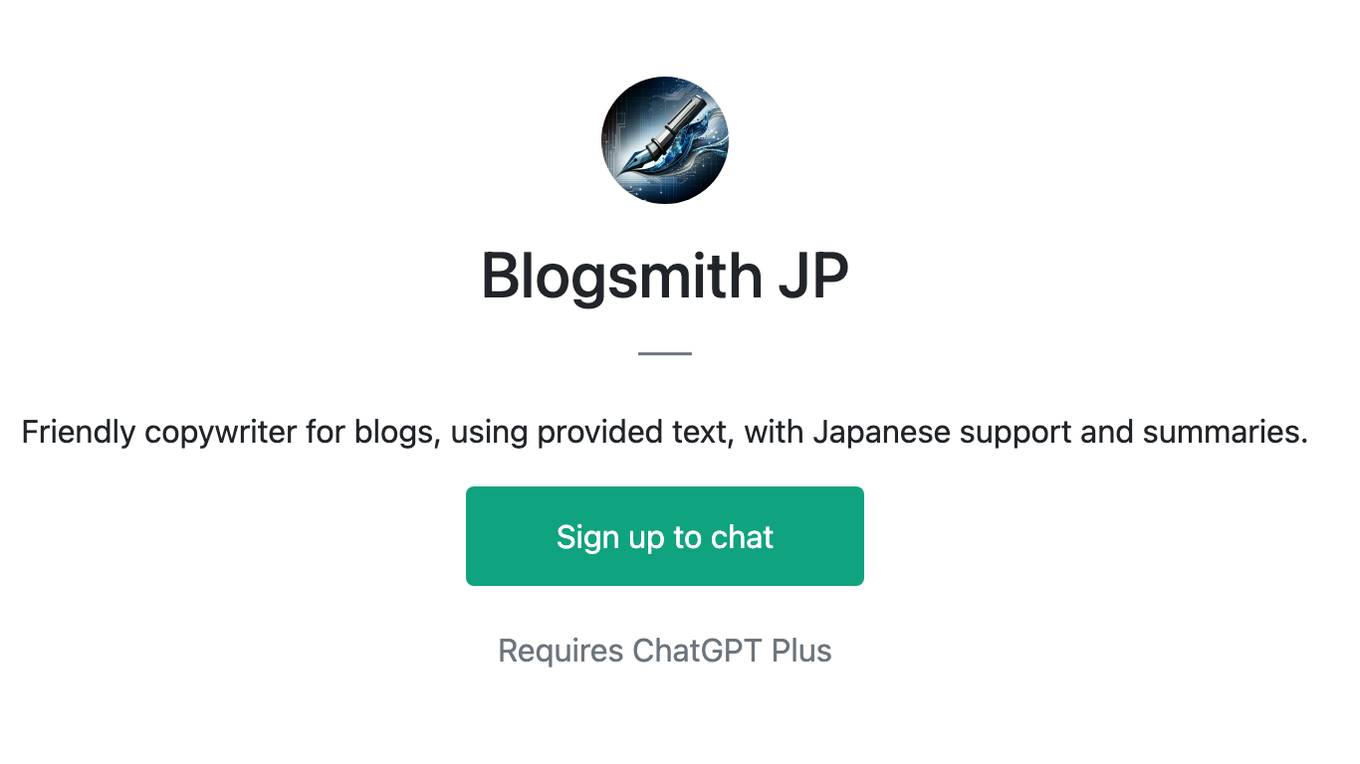
Blogsmith JP
Friendly copywriter for blogs, using provided text, with Japanese support and summaries.

Ringkesan
Nyimpulkeun sareng nimba poin konci tina téks, artikel, video, dokumén sareng seueur deui
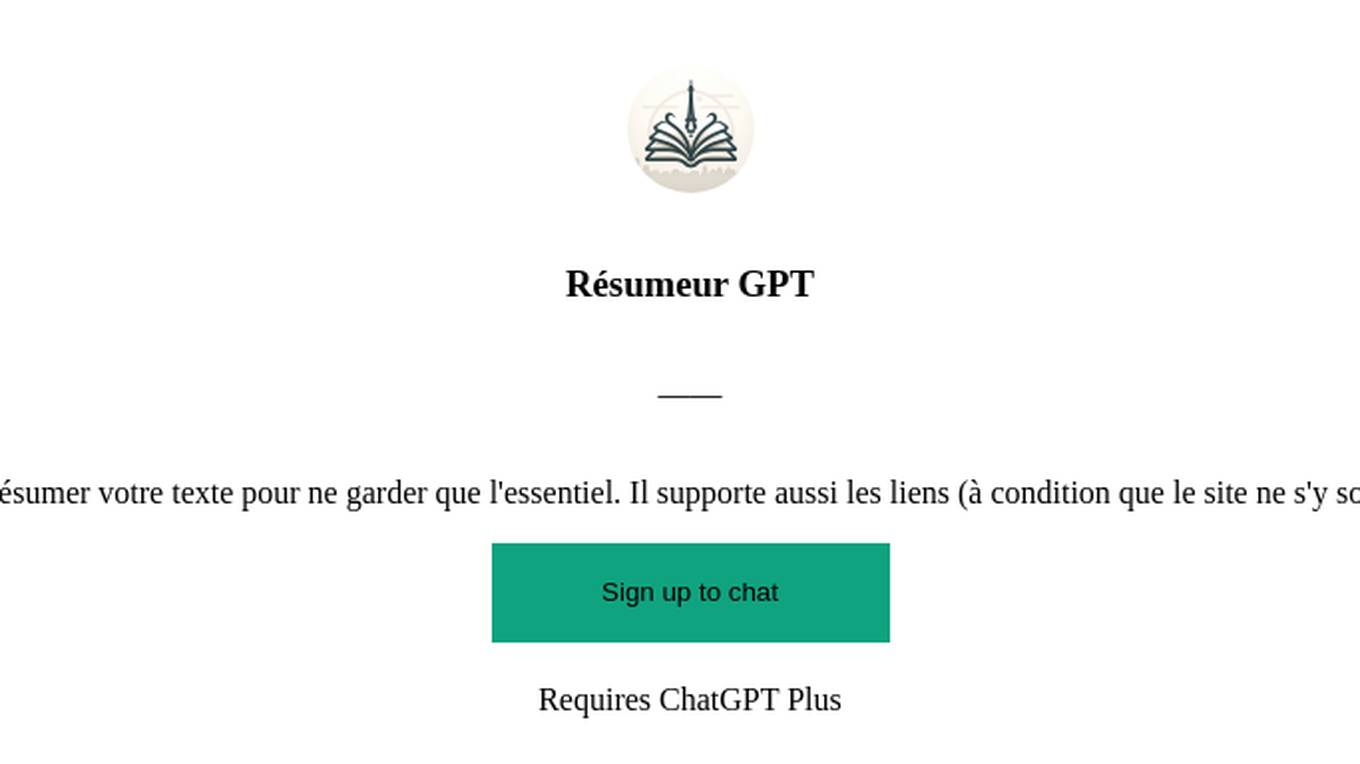
Résumeur GPT
Ce GPT va résumer votre texte pour ne garder que l'essentiel. Il supporte aussi les liens (à condition que le site ne s'y soit pas opposé)
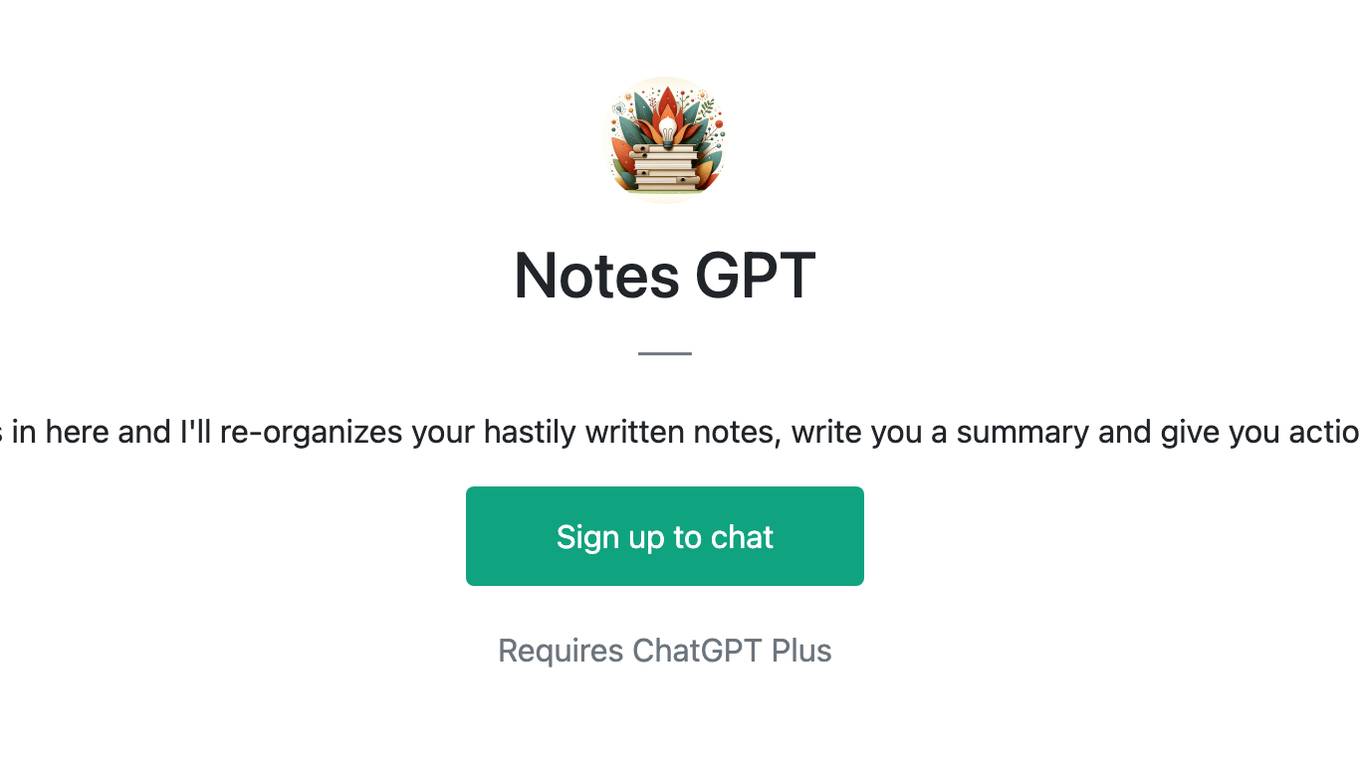
Notes GPT
Paste your notes in here and I'll re-organizes your hastily written notes, write you a summary and give you actionable insights.
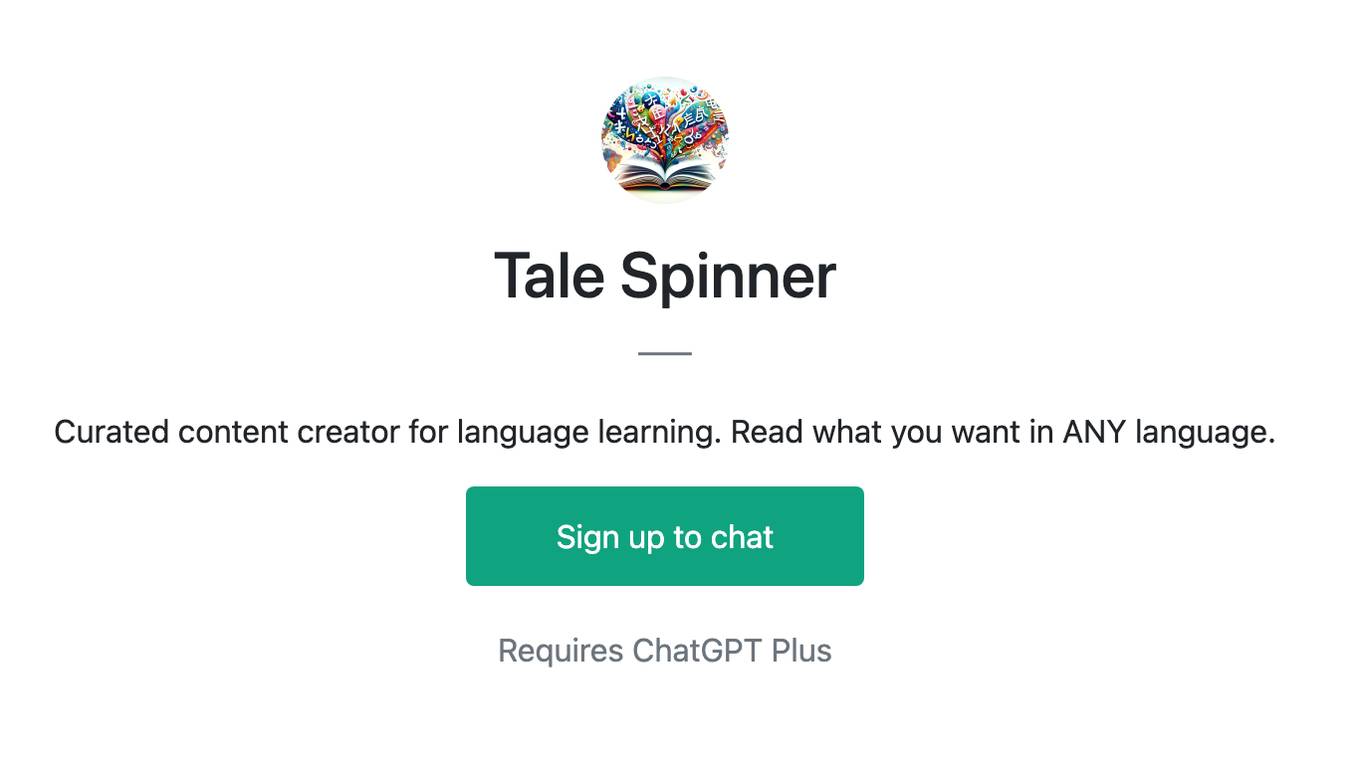
Tale Spinner
Curated content creator for language learning. Read what you want in ANY language.
